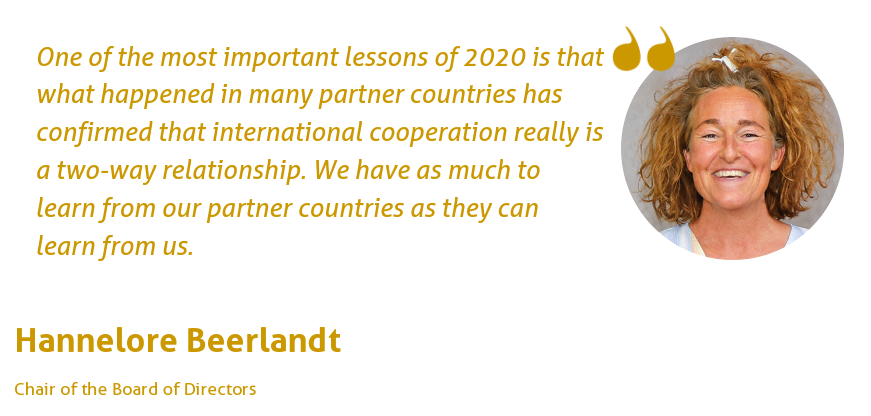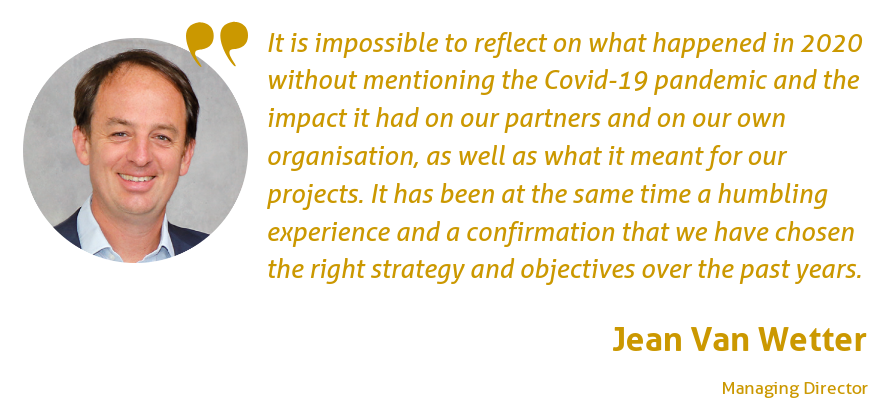#EnablingChange
Activity report 2020 - 2021
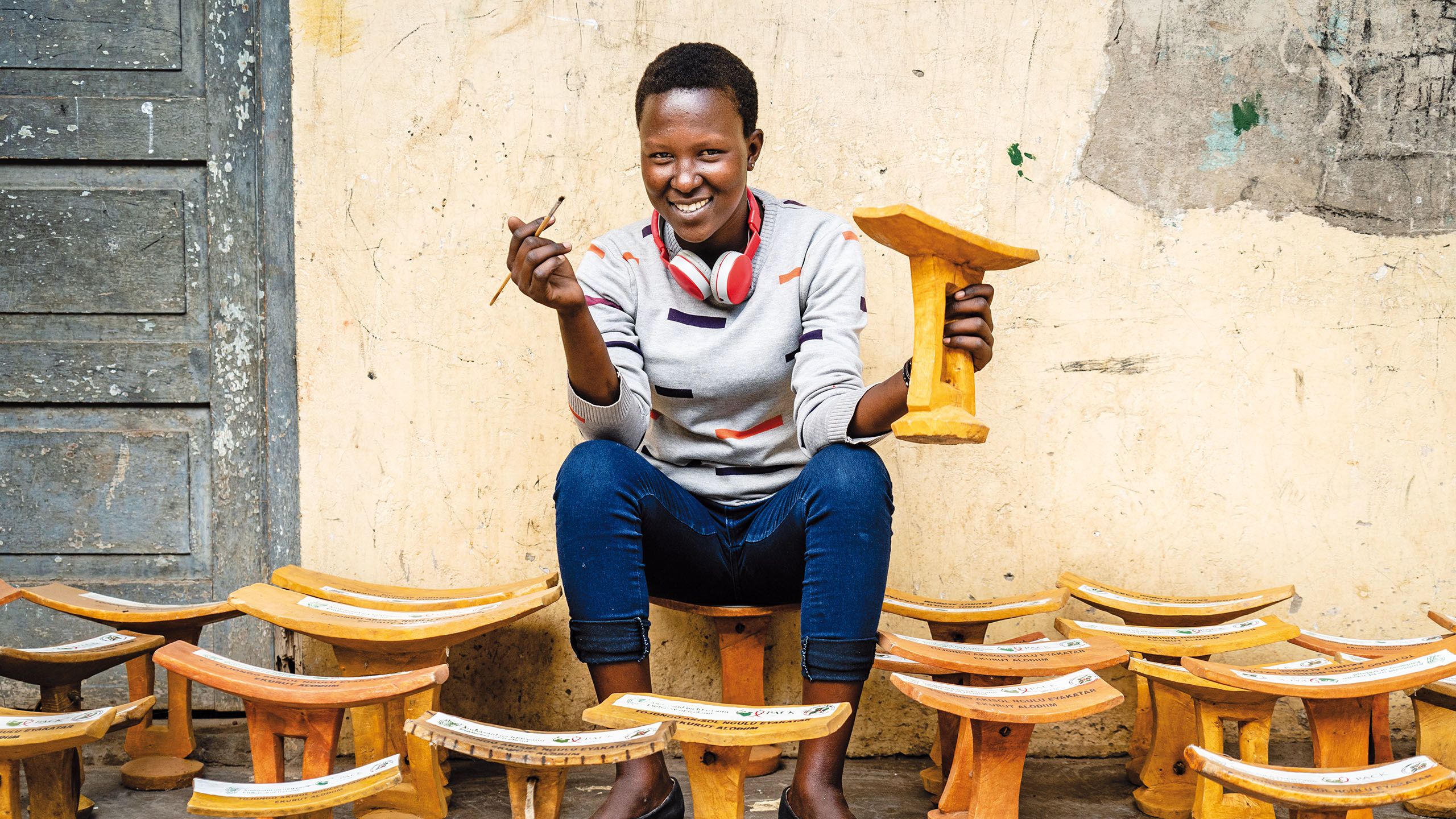
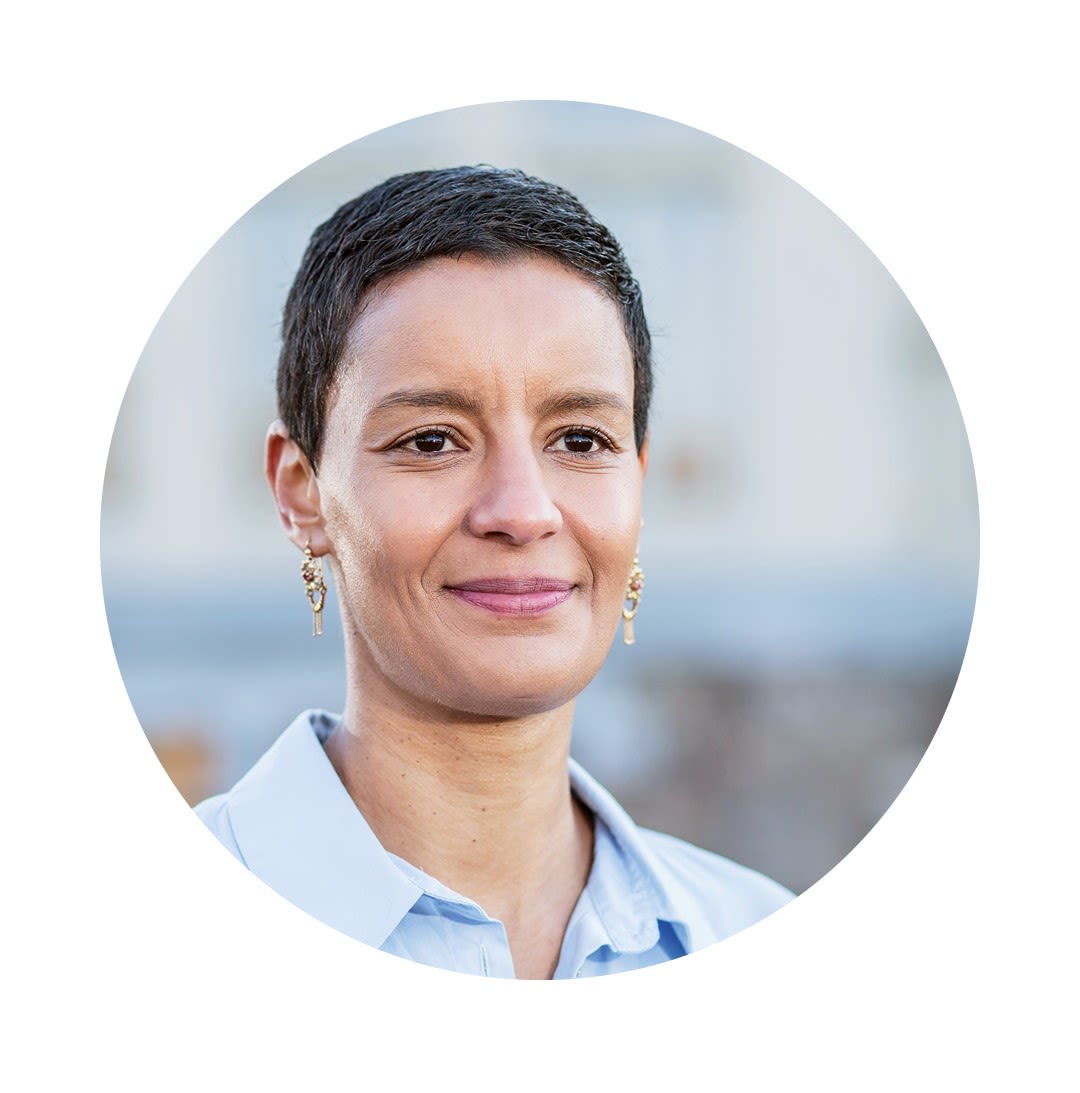
Meryame Kitir
Minister of Development Cooperation, in charge of Major Cities
“ Every drop to change matters, even if change sometimes comes more slowly than we would like. Every drop matters to open up minds of governments and local partners, even if only step by step.
Every drop matters to move lives in a different direction, to offer hope and perspective, which is exactly what Enabel does. Every day again. ”
Climate change and the environment
Enabel helps its partner countries to adapt to environmental changes and reduce their emissions. The agency has twenty years of experience integrating environmental issues into its actions.
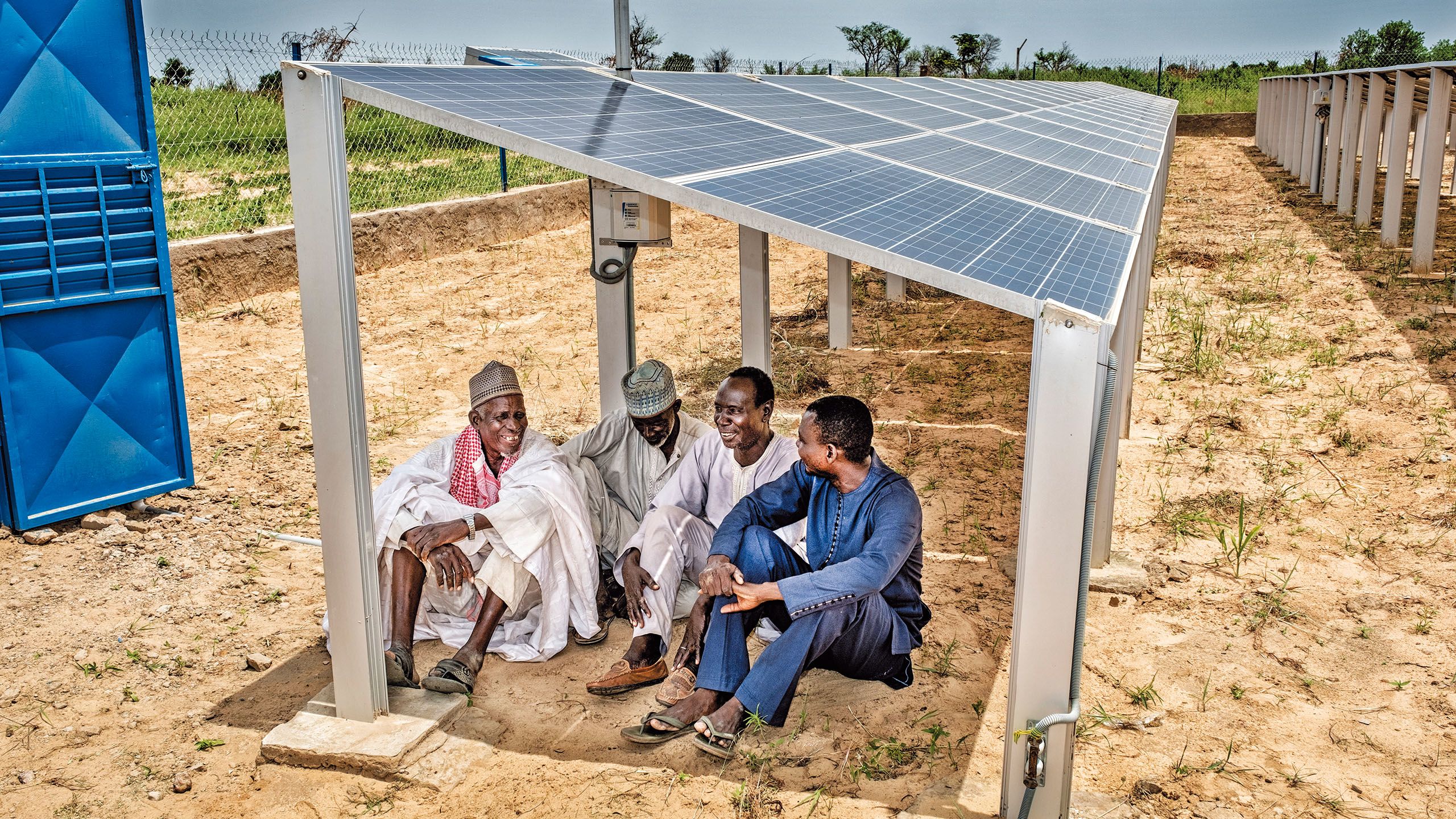
Climate change and public health share the same planet
Climate change has already created conditions in which a number of diseases will spread more easily, such as Lyme disease, malaria and dengue. So far, there is no conclusive scientific evidence showing a direct link between climate change and the Covid-19 outbreak. But we do know that most infectious diseases and almost all recent pandemics originated in wild species, and we also know that increasing human pressure on natural habitat – primarily due to deforestation – can be an engine for disease outbreaks.
We must therefore strengthen health systems, closely monitor infectious diseases in the wild, in animal husbandry and in humans, and safeguard biodiversity and natural habitats. Then there will be less danger of new pandemics breaking out in the future.
Climate change and public health are usually treated separately, but that is a dangerous mistake. Our health depends entirely on the climate and on the other organisms with which we share the planet. Declining biodiversity is a real danger to our health.
The fight against climate change is also a fight against future pandemics.
Central Africa – Regional environment project around Lake Tanganyika
Lake Tanganyika in Central Africa is one of the largest freshwater reserves on earth. It is a unique ecosystem with exceptionally rich biodiversity. But climate change is increasing the water level of the lake, and population growth, overfishing, deforestation, agriculture, urbanisation and industrialisation are putting immense pressure on the ecological and socioeconomic development of the region.
The four neighbouring countries (Burundi, DR Congo, Tanzania and Zambia)* have set up a joint governing body to organise, with EU support, waste collection and processing in five cities around the lake, to build or refurbish water treatment stations and to hold awareness campaigns on environmental care.
*Rwanda is also involved in the project because the Rusizi River flows into the lake.
Tanzania – Innovation rooted in history
Farmers in the remote Kigoma region in western Tanzania face the difficult challenge to transport their produce to the market, due to poor road infrastructure. Stone arch bridges are a cheap and sustainable solution. They are built by local workers with local materials, which allows local governments to upgrade more rural roads without increasing their budget.
" The Kaseke River complicates our lives, especially when there is a lot of rainfall people cannot cross at all. With the bridge, there is finally a secure way to access our village and transport goods to other markets. "
Burundi – Irrigation works drive up agricultural production by 50%
The Imbo Valley in Burundi's northern province of Cibitoke is ideal for agriculture and stockbreeding. There is enough precipitation and the soil is fertile. But irrigation infrastructure dated back decades and was in dire need of renewal. As part of a large-scale agricultural project, Enabel and Burundi's Ministry of Agriculture rehabilitated more than 150 km of irrigation canals and more than 30 km of rural roads on an area of 3000 ha.
The result of the efforts was a significant expansion of the irrigated area and a spectacular increase in agricultural production of 50%.
Environment and climate: € 50 million for the Sahel
In March 2021, the Minister of Development Cooperation Meryame Kitir tasked Enabel with preparing a thematic portfolio on ‘The Environment and Climate in the Sahel’. It is to focus on the fight against desertification and the negative consequences of climate change by improving the management of natural resources and sustainably restoring ecosystems with a view to increasing the resilience of the population in the Sahel.
Belgium’s climate portfolio focuses on Mali, Niger, Burkina Faso and Senegal and would support the African Great Green Wall initiative.
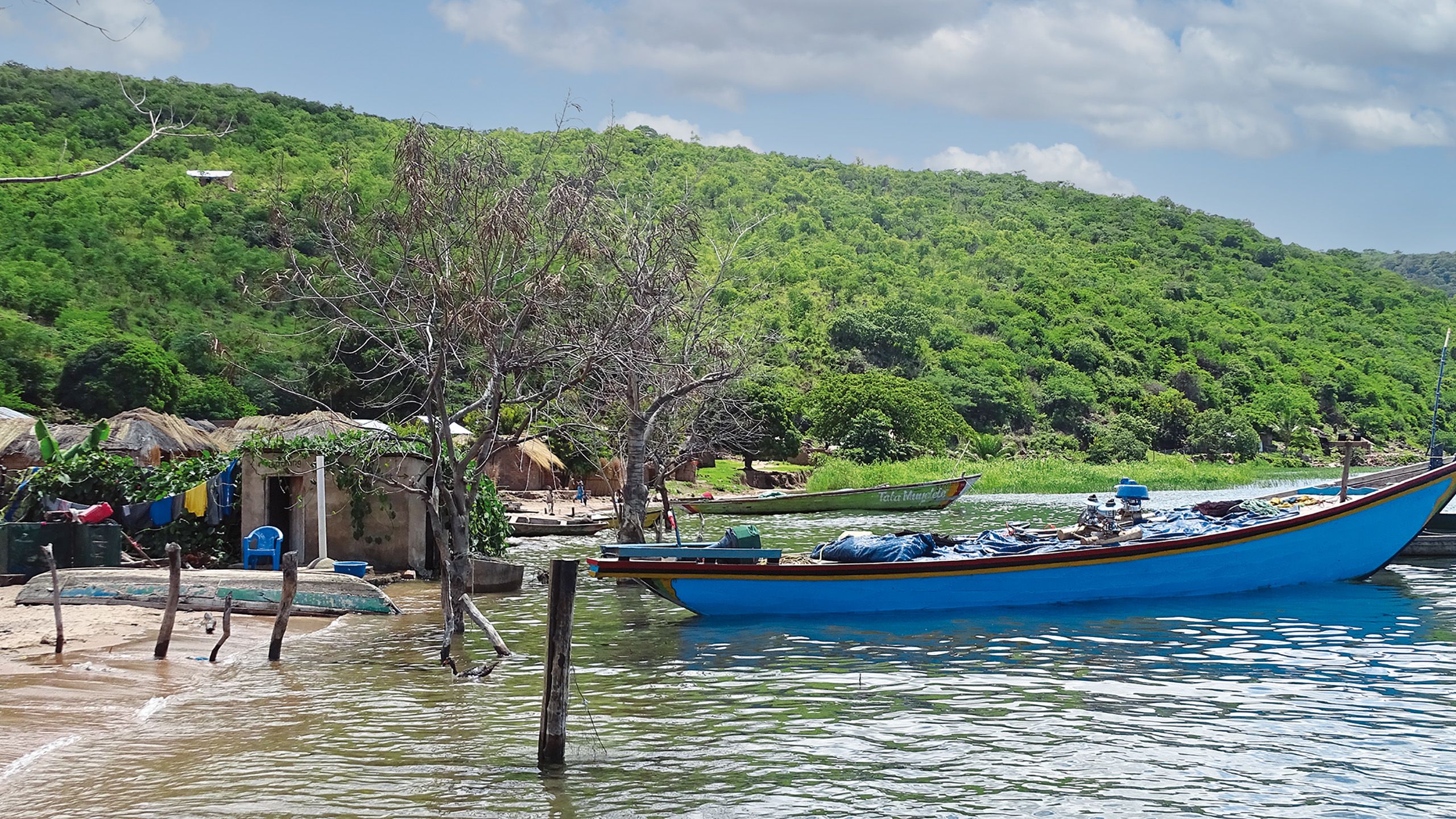
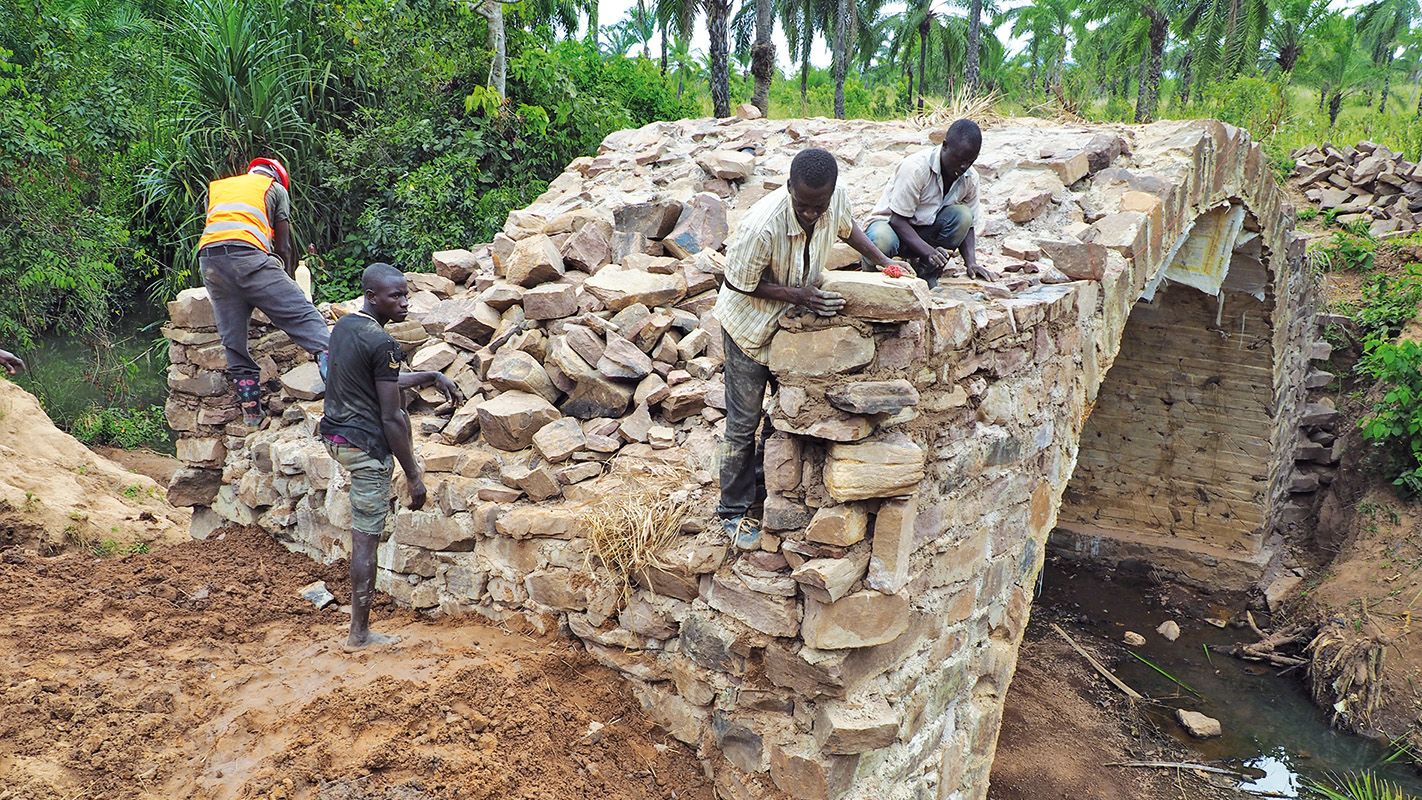
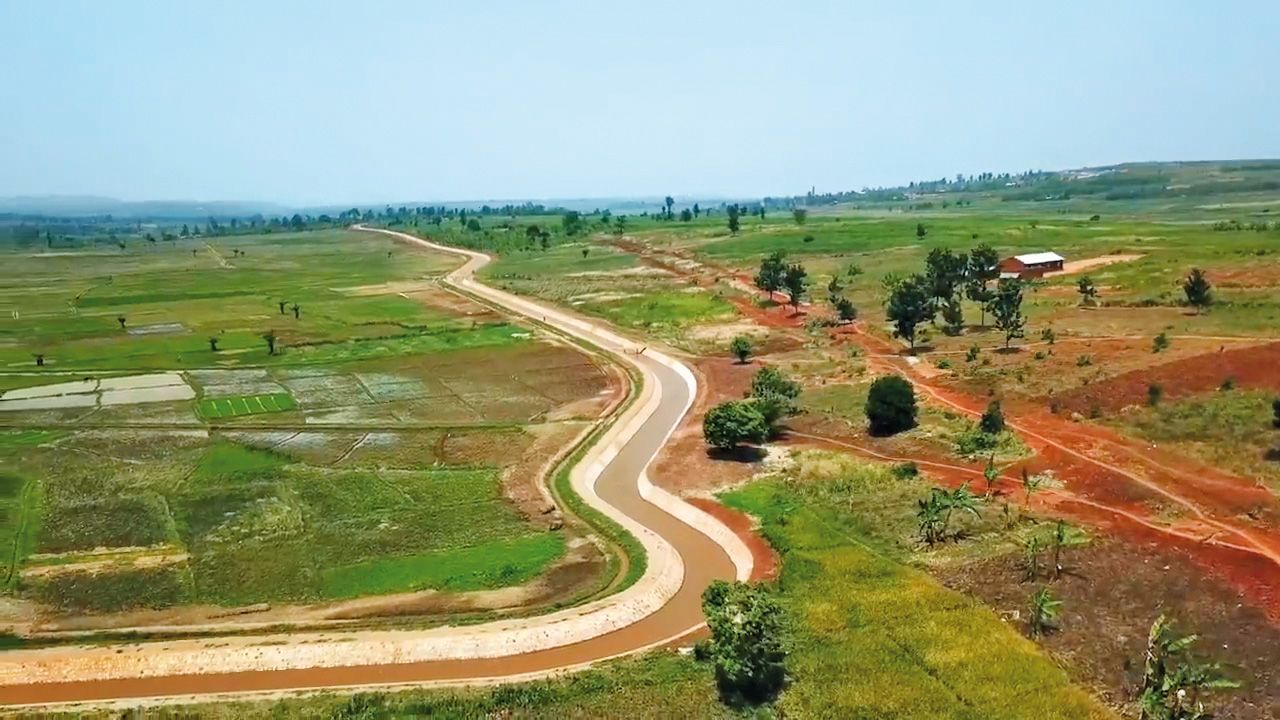
Social and economic inequality
What started as a health crisis soon became an economic and social crisis that exacerbated inequality in the world and hits the most vulnerable hardest.
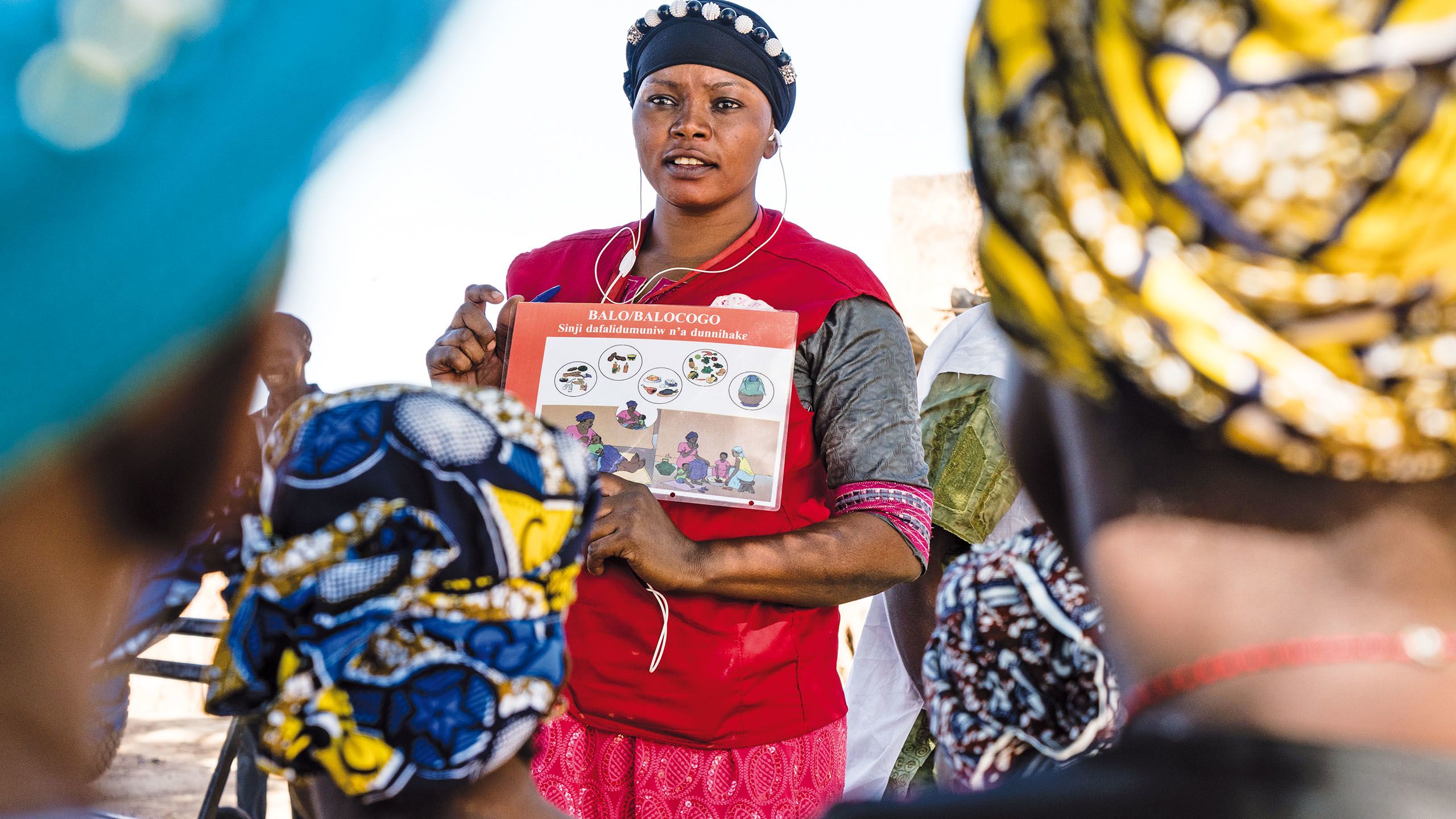
A virus with disruptive impacts on all aspects of life
For decades, the Belgian Cooperation has assisted African governments in building resilient and effective healthcare systems. This experience proved very relevant in light of the huge challenges raised by the COVID-19 crisis.
Enabel supports the healthcare systems in several countries in Africa: Benin, Burkina Faso, Burundi, the Democratic Republic of the Congo, Guinea, Mauritania, Niger, Rwanda, Senegal and Uganda.
From the onset of the corona crisis, Enabel reoriented almost all its health projects in these countries and adapted them – in consensus with national authorities – to support health care.
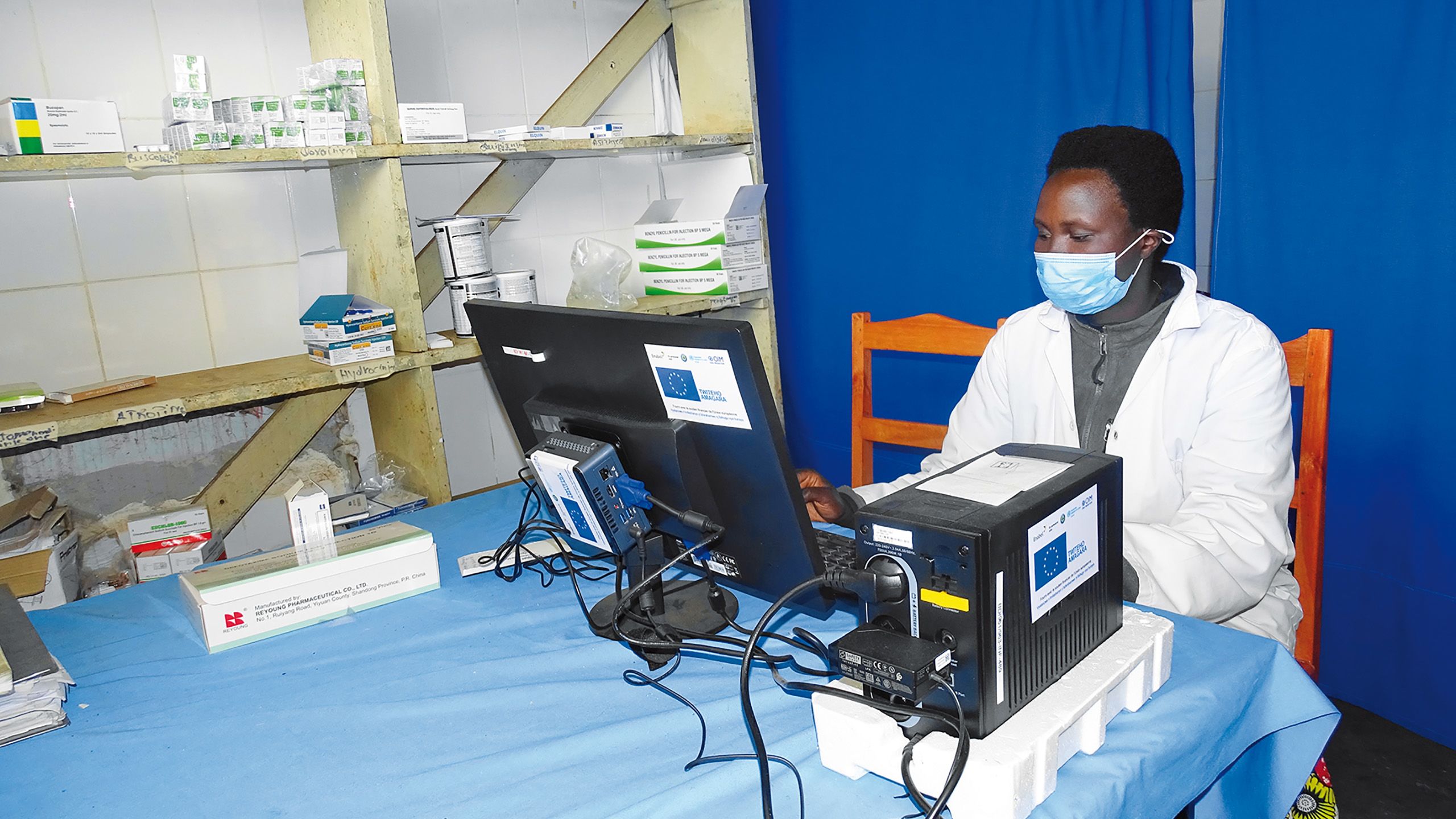
In Burundi, with a view to supporting the hospitals to manage the Covid-19 crisis, Enabel and the Ministry of Public Health developed a specific medical file. The file is an electronic tool that hospitals use to facilitate the triage, admission and follow-up of patients. It has been added to the existing Electronic Medical Record (EMR) solution of Open Clinic, which is already integrated in many of the hospitals supported by Enabel. As the digital medical files are created with open source software, which is already used by many hospitals in our partner countries, the solution can easily be scaled up elsewhere.
Food security
Limited freedom of movement is detrimental to food supplies, which means that many families simply can no longer provide the necessary food. Farmers can no longer go to the market to sell their products and have their income completely evaporated. When shops and markets close, prices come under pressure and social tensions also threaten to arise.
Benin aims to more than double its production of cashew nuts by 2021. With financial support of the Wehubit programme of Enabel, drones are used to map cashew fields and collect data on plant health, in order to elaborate best practices to improve crop productivity and to promote environmentally friendly farming practices.
“ I hope that, at the end of the project, a reliable database on farmers’ plantations will be available, including areas, precise maps, the number of trees per plantation etcetera. ”
Education
Education suffered and many schools suspended classes for weeks or even months. A learning backlog and pupils dropping out of school became a daily reality. Education, therefore, had to reinvent itself and focus on distance learning and digital technologies.
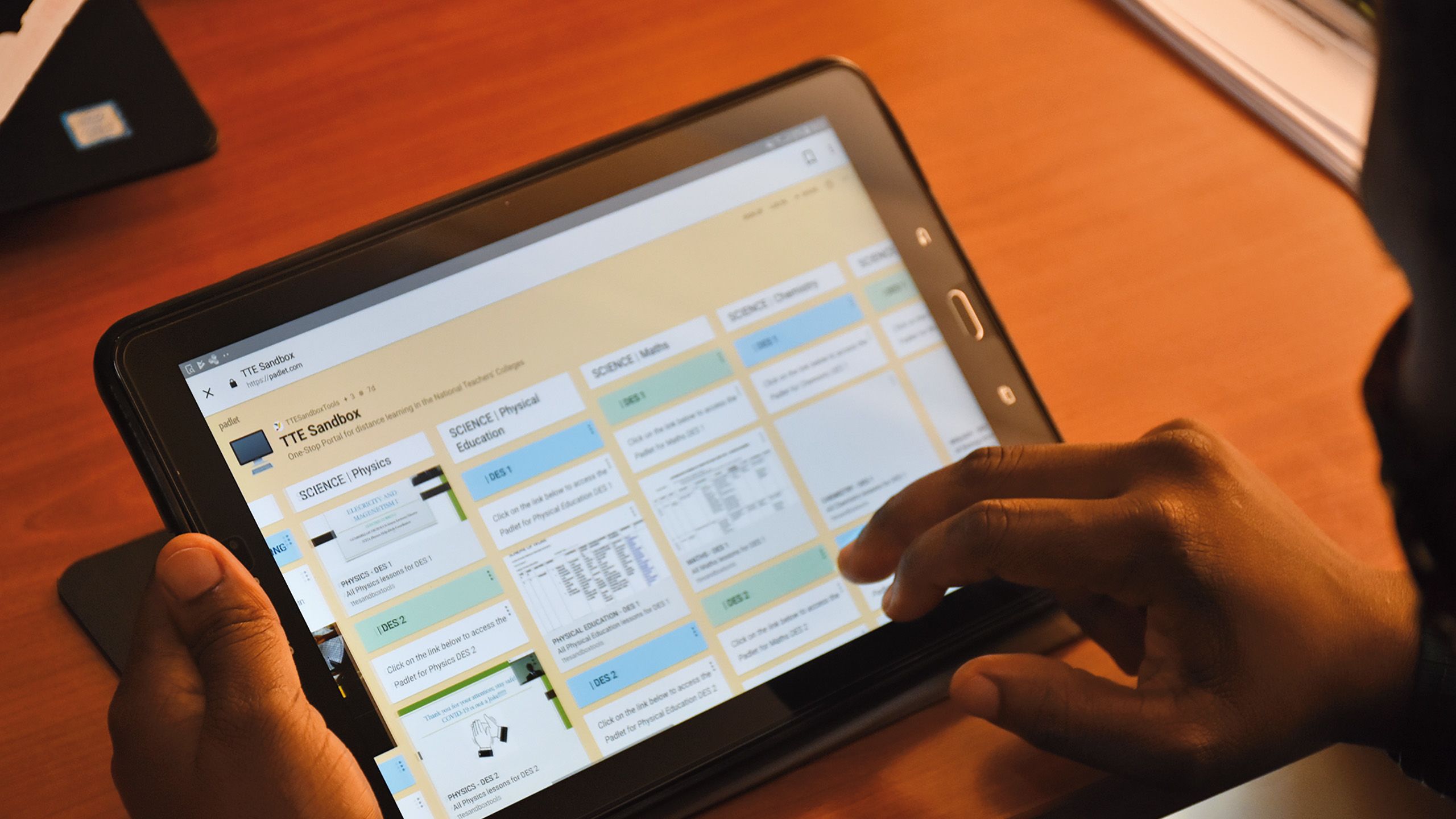
In Uganda, Enabel and five National Teacher Training Colleges developed a teacher training sandbox, a closed software environment including handy tools (SMS, video chat…) to enable communication between teachers and students. With e-learning courses, a helpdesk, a community of practice the sandbox aims to improve 21st century (digital) skills of teachers and ensures continuity of learning.
The platform is accessible to teachers and students free of charge through a zero-rating agreement with MTN Uganda. More than 90% of the students and the teachers found the one-stop portal useful to very useful.
Private sector
The economy also suffered from the corona measures. So it was important to support local businesses and start-ups to deal with the crisis.
In a country like the Democratic Republic of Congo, where purchasing power is one of the lowest in the world, the cost of disposable pads requires adolescent girls and women to find alternative solutions that, in addition to being unhygienic, often prevent them from being completely at ease.
Enabel supported an NGO that trains young seamstresses in Mbuji Mayi in the Eastern Kasaï province to manufacture and sell washable sanitary pads. Depending on sales, these women may get sustainable jobs thanks to this innovative product.
Social Protection portfolio in the Great Lakes region
In March 2021, the Minister of Development Cooperation Meryame Kitir tasked Enabel with preparing a thematic portfolio on ‘Social Protection in Central Africa’. It aims to improve the living conditions of the most vulnerable population groups (women and youths) in DR Congo, Rwanda and Uganda.
Sustainable, inclusive and equitable socioeconomic development is made possible by setting up social protection systems and promoting decent work. Fifty million euros are earmarked for this portfolio (2022-2026).
Enabel has always taken into account the fundamental Leave no one behind principle. The Covid pandemic has undeniably shown that everything is connected.
Peace & Security
The pandemic also has an indirect impact and significant consequences on other global public goods such as peace, democracy and civil liberties
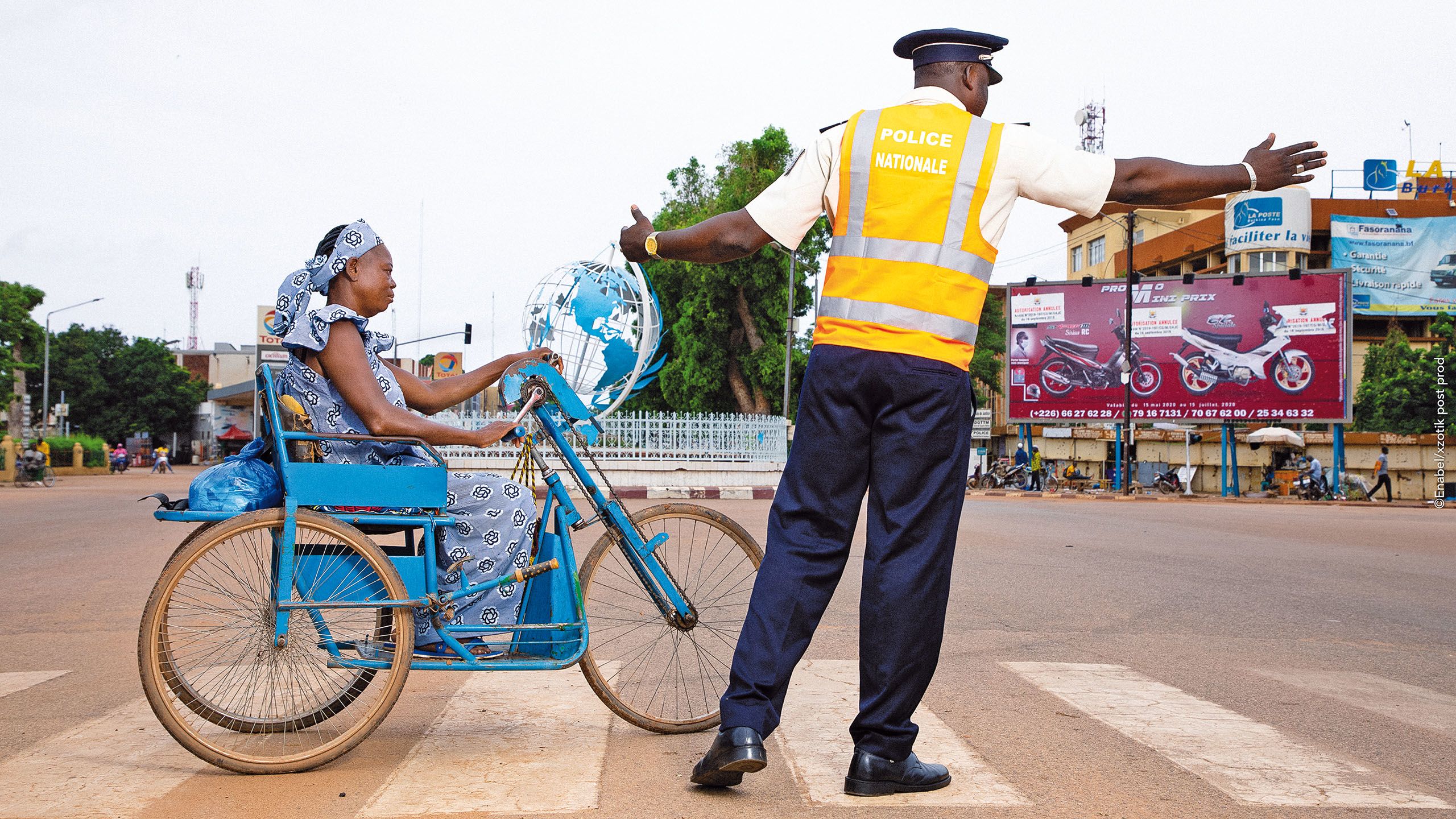
How to vaccine democracy?
The sanitary crisis has impacted, among other things, the free movement of people, participation in decision-making, the protection of fundamental rights and access to justice. The crisis has also eroded social cohesion and exacerbated tensions and sources of conflict.
In the Sahel, for instance, in a region already affected by climate change and lack of resources, the pandemic exacerbates the causes of underlying conflict and political instability. In some countries, the crisis has been used to undermine democratic processes and limit public freedom. The situation is particularly worrying in places where democracy is not firmly entrenched and where institutions are weak. The Covid-19 crisis confronts states with major political, legal and social challenges: How to respond effectively to this crisis while ensuring that the measures taken do not undermine our real long-term goal of preserving democracy, the rule of law and human rights?
During this crisis, Enabel helped its partners to manage this subtle balance to the best of their ability and to continue public action. In 2021, we will need to strengthen our actions for peace, stability and democracy. Indeed, Covid at best suspended, but in many cases, exacerbated the tensions and problems we faced before the crisis.
The pandemic can exacerbate the underlying causes of conflict and political instability.
Benin - 300-metre ships in the Port of Cotonou
Enabel assists the Autonomous Port of Cotonou since 2019 to modernise its operations and to make the Port more competitive and responsive. Since 17 July 2020, 300-metre ships dock at the Port of Cotonou, which significantly reduces the time it takes to transport goods and the number of intermediate ports of call.
Enabel's action consisted of the training of about thirty pilots and tugboat captains and sailors in the Port of Antwerp's simulators in berthing and unberthing the latest generation vessels.
Mali - Identity: A human right
Enrolling your child in school, voting in elections, getting an ID card... These are rights that everyone must have access to. In Mali, only 51% of active-age adults did not hold a birth certificate in 2016. In the north of the country, where insecurity is on the rise, eight civil registry centres are being built with EU support. More than three thousand civil registry officers across the country are trained in good birth, death, etc. registration practices. Seventeen citizen reception services were deployed, equipped with computers and connected to the central database to deliver person description forms.
These documents are needed to enrol in a university or obtain a passport. To date, more than 50,000 of such personal forms have been issued.
Burkina Faso - National security reform
Since 2016, the partnership between Belgium and Burkina Faso aims, among other things, to improve security in the Central East of the country. It was in this context that the first National Security Forum brought together more than 2,300 actors.
Support to the police to improve intelligence management led to the registration of crimes being doubled, more than 1,500 wanted persons being found and more than 5,000 stolen items being returned to their owners. For the first time, workshops and training brought together the internal security forces, the media and civil society.
Niger - Deployment of Belgian army aircrafts
In 2020, Enabel and the Belgian Defence department strengthened their collaboration in Niger within the framework of Belgium's Global Approach to maximise the impact of Belgium's external action instruments by promoting the search for synergies and opportunities for collaboration.
Enabel and the Defence department have collaborated to deliver humanitarian emergency medical equipment by military cargo flights: 3D printers and masks to produce mechanical ventilators, rolls of cotton wool fabric for the manufacture of masks, rapid tests. This is essential equipment for a country that – before the pandemic crisis – had only twelve national hospitals and about 20 ambulances with integrated oxygen equipment.
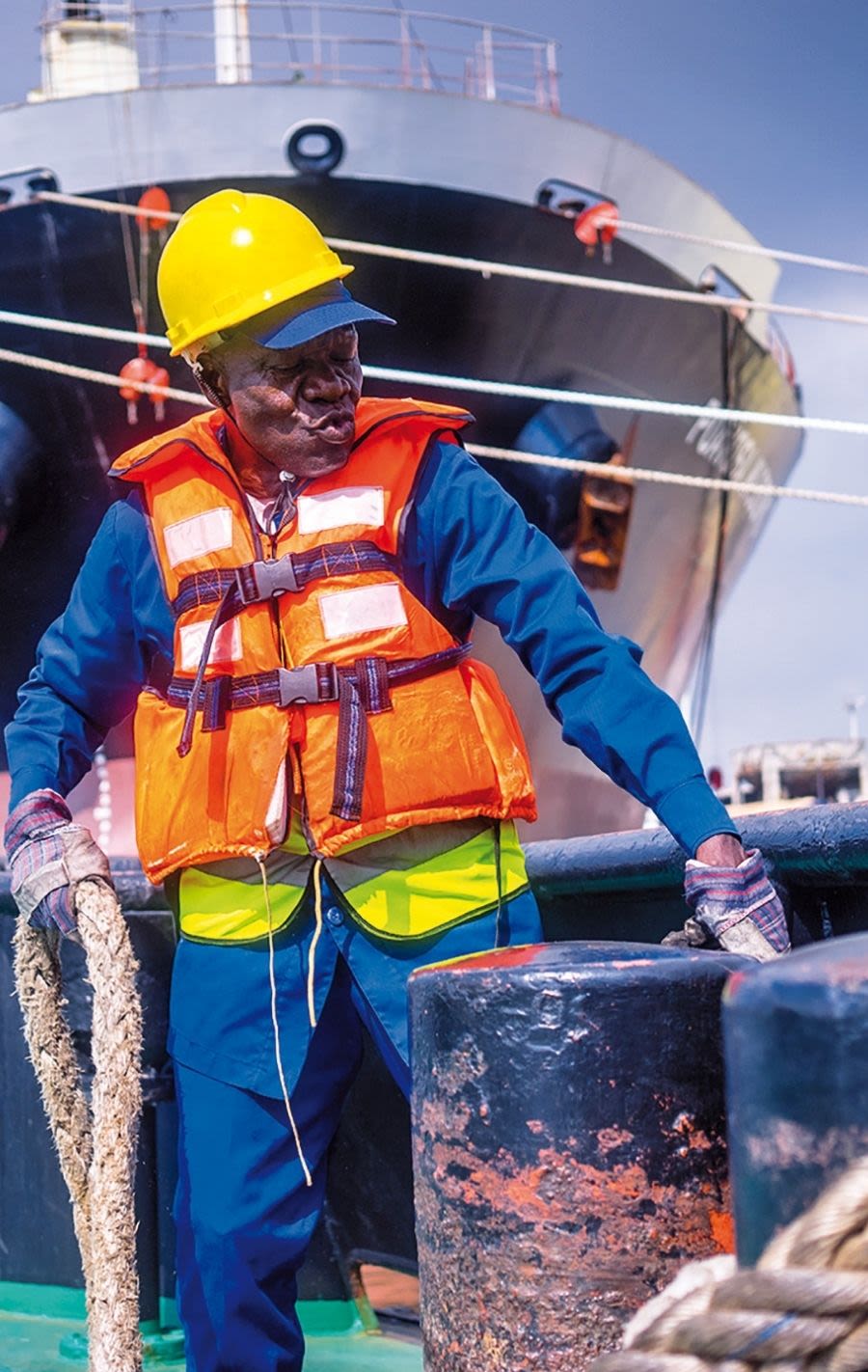
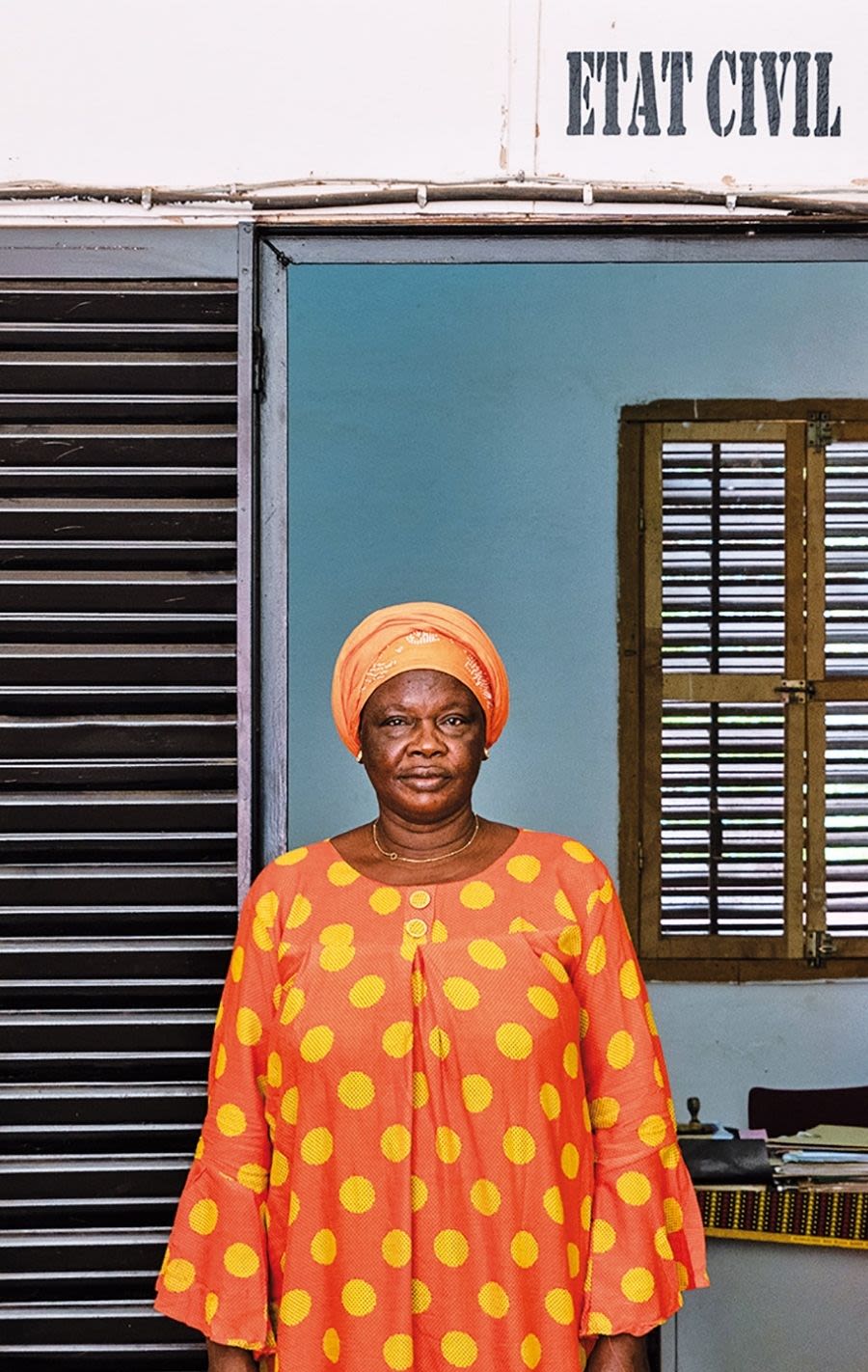
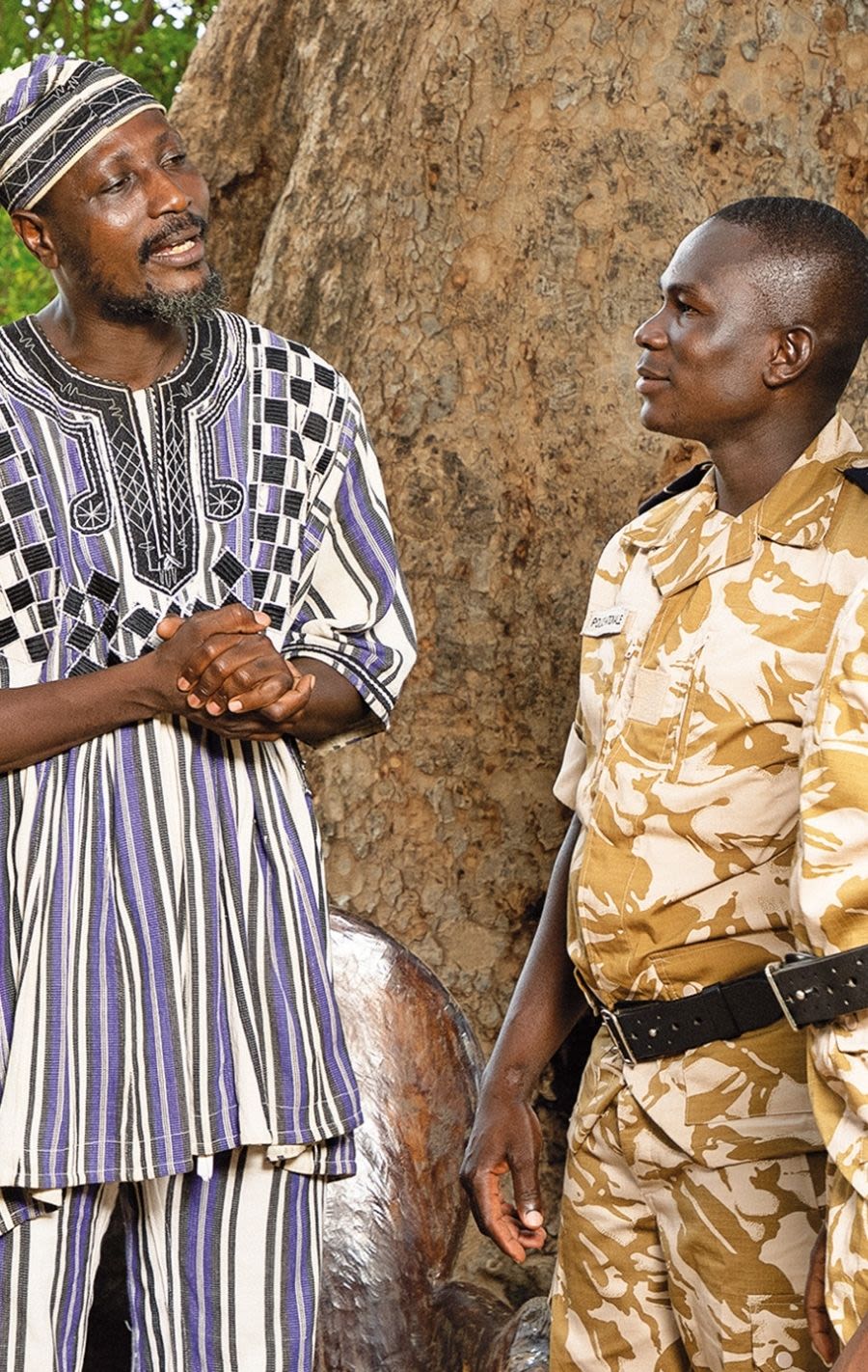
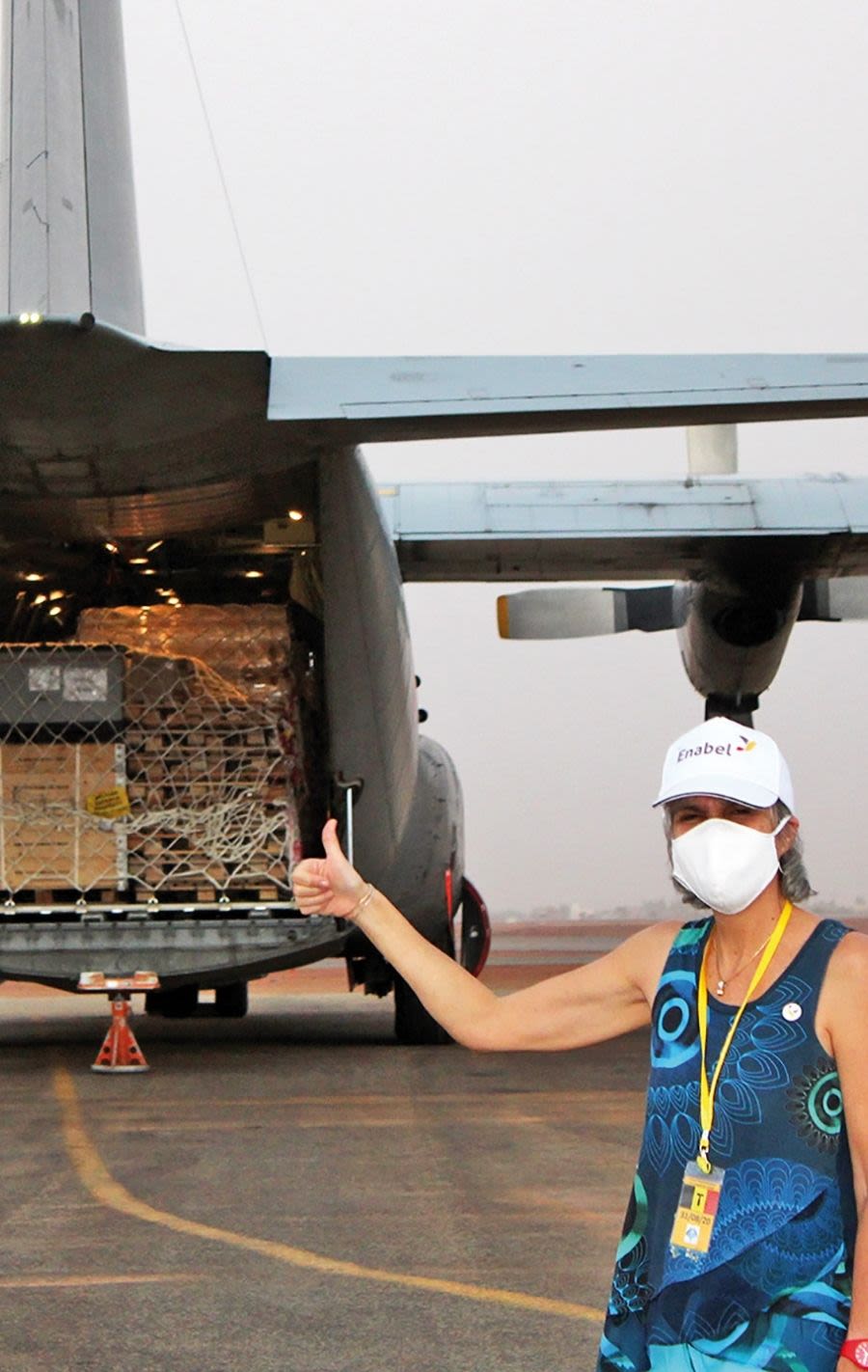
Urbanisation
Since the first signs of the emergence of Covid-19, cities have been at the forefront of the fight against the pandemic, confirming their central role, not only in managing the health crisis, but also in encouraging economic and social recovery and development.
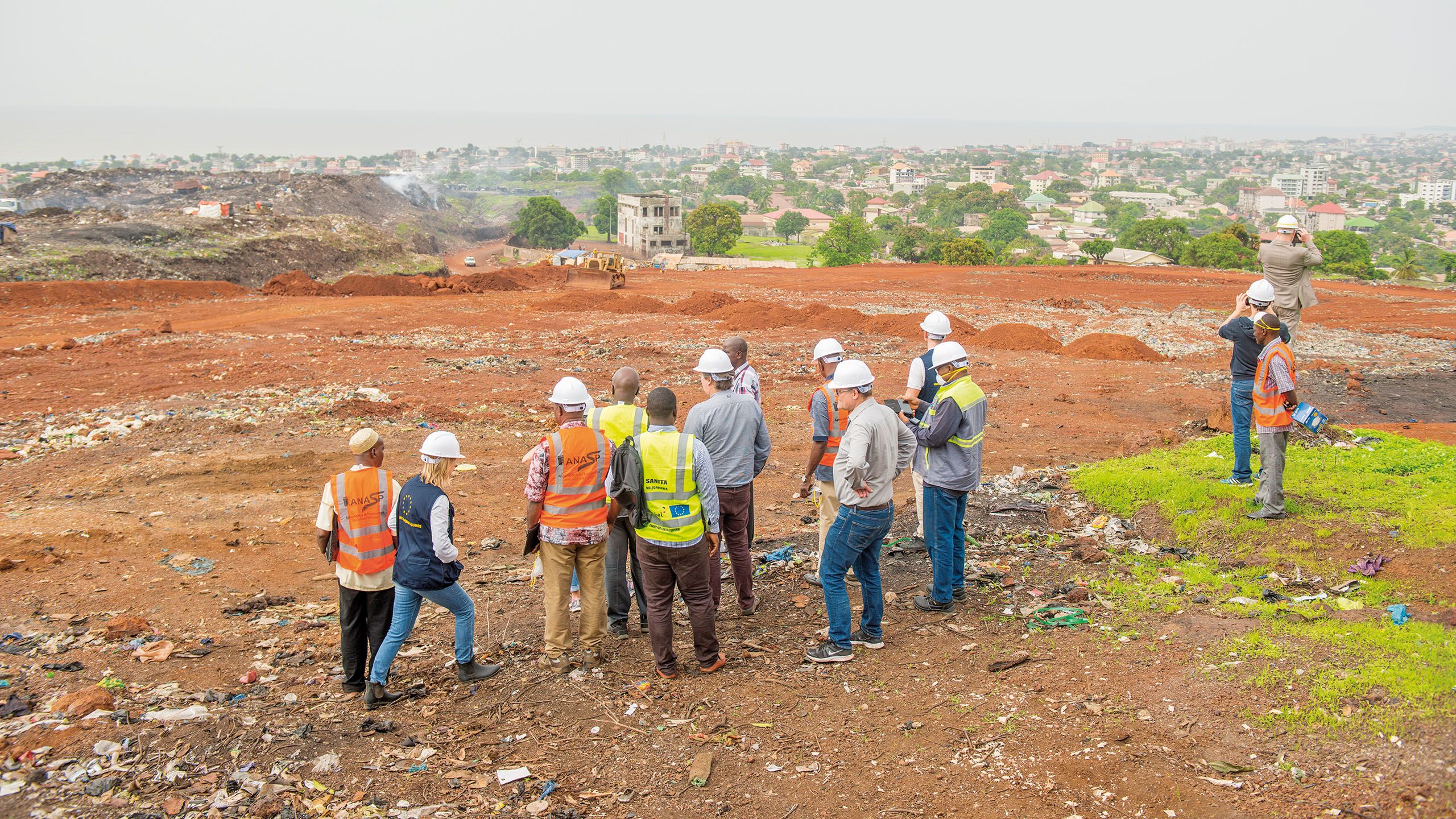
The city: hotbed of challenges and breeding ground for creative solutions
Overcrowding, lack of access to safe drinking water and sanitation, and lack of basic services have increased the health risks of the pandemic for the poorest communities. Also during the lockdown, the decline in informal sector activities and the lack of access to digital technologies left already highly vulnerable populations in an even more precarious economic situation.
Enabel commits to support cities to provide quality public services for all, to develop their infrastructure and economies in a sustainable way, with the aim of making cities both more accessible and more attractive. Enabel aims to facilitate women's access to services, resources and economic opportunities, as well as to safe and pleasant public spaces.
Whether it is for sanitation, the development of urban infrastructure, the promotion of inclusive urban entrepreneurship, Enabel also supports collaboration between various actors, from the private sector to the local NGO; all playing their part in the smooth running of cities.
Cities are at the forefront of the fight against the pandemic.
DR Congo – Drinking water for 400,000 people
Drinking water is a luxury product in East Kasaï. The City of Mbuji Mayi and its three million inhabitants lack sufficient electricity infrastructure. This affects the cost of drinking water, as pumps powered by heavy-duty generators extract underground water from a depth of about 200 m.
In partnership with the City of Mbuji Mayi, Enabel installed two photovoltaic pumping stations supplying nearly 100,000 people daily. This photovoltaic pumping project is being rolled out in East Kasaï (230,000 more people reached directly) and replicated in the Maniema Province (100,000 people reached directly).
Rwanda – Participatory urban development
Enabel focuses its support on secondary cities to achieve inclusive and sustainable urban development offering a safe and affordable living environment for all with citizens participating in the development of their city. In Rwanda, the Belgian Development Cooperation in the cities of Rwamagana, Rubavu and Muzanze focused on the improvement of urban infrastructure with a view to stimulating the economy.
Enabel not only cooperates with the city authorities; residents and the private sector are also involved in the decisions, for instance through city walks during which it is determined where the infrastructure projects are most appropriate or necessary.
Guinea – Waste management for cleaner cities
In Guinea, every day, more than 1200 tons of waste is produced in the capital Conakry and 110 tons in the city of Kindia. Enabel supports the two cities in organising and installing a sustainable and effective solid waste management system. Prevention of waste, optimising curbside collection services and value-creation from waste are at the heart of the action.
In partnership with the services of the cities concerned, community equipment and sorting and storage facilities are set up and access roads and composting platforms are built to facilitate the task of collection, sorting and transport companies. In total, more than two million people are affected by these activities.
Palestine – Villages offering better public services
The Belgian Cooperation in Palestine supports regional development in eight clusters of 36 villages. Through this collaboration, the inhabitants of these villages benefit from better public services, new opportunities for economic development but also greater social cohesion.
As a result, the inhabitants of the commune of Beit Liqya and adjacent villages are now connected to the water system (8.5 km of water pipes built, 3000 water meters installed) and waste has stopped piling up thanks to waste collection covering the whole cluster.
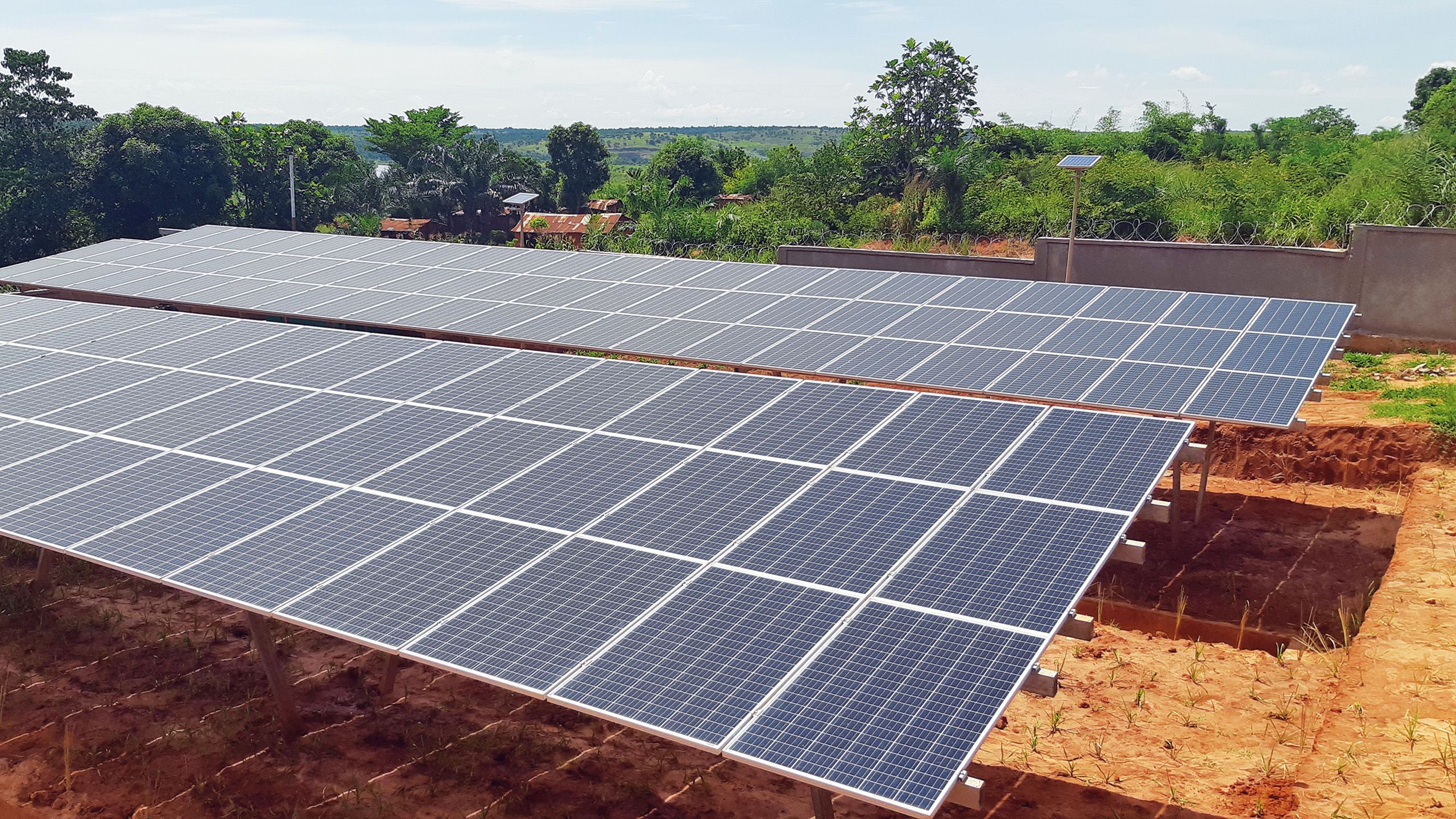
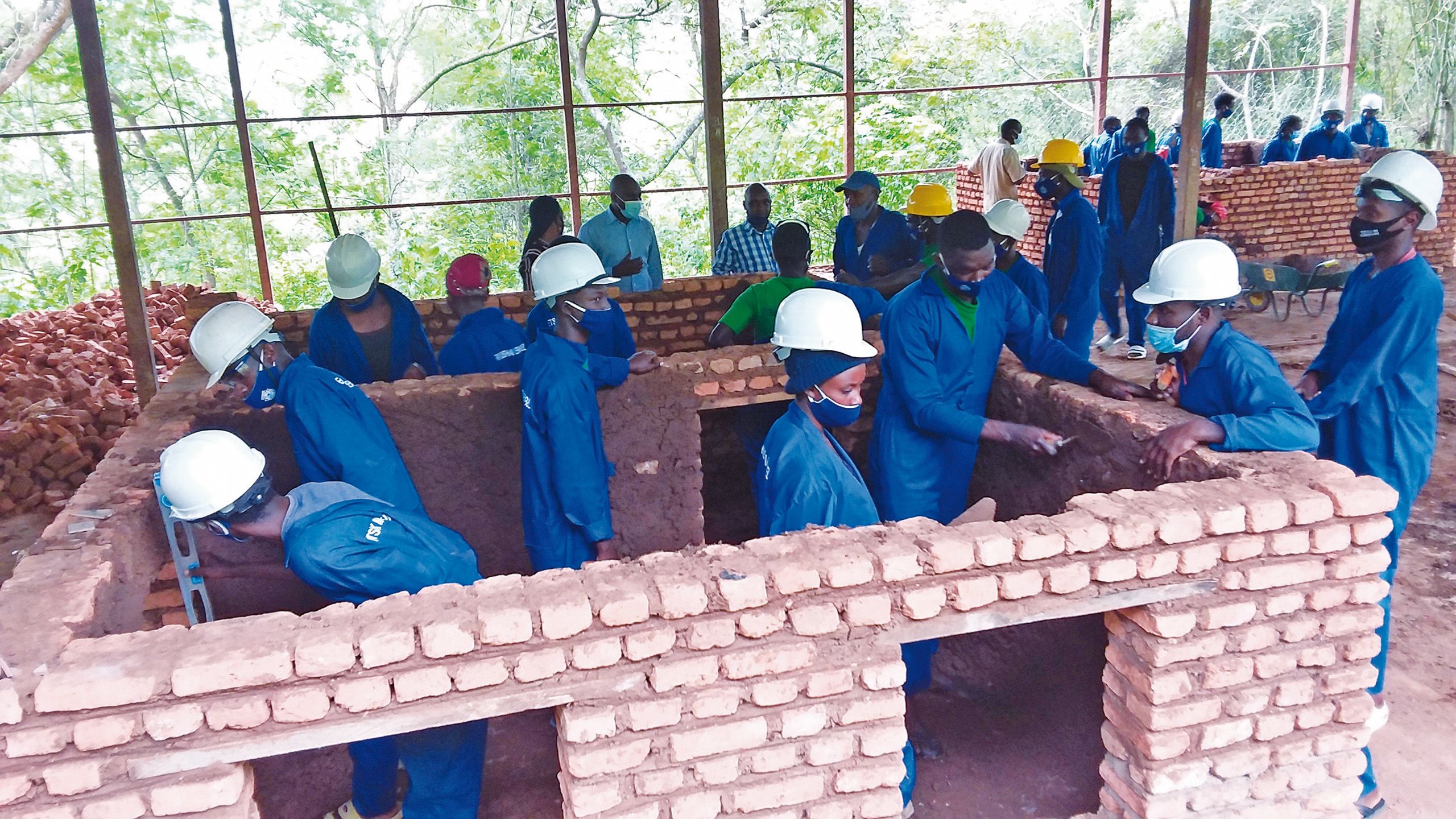
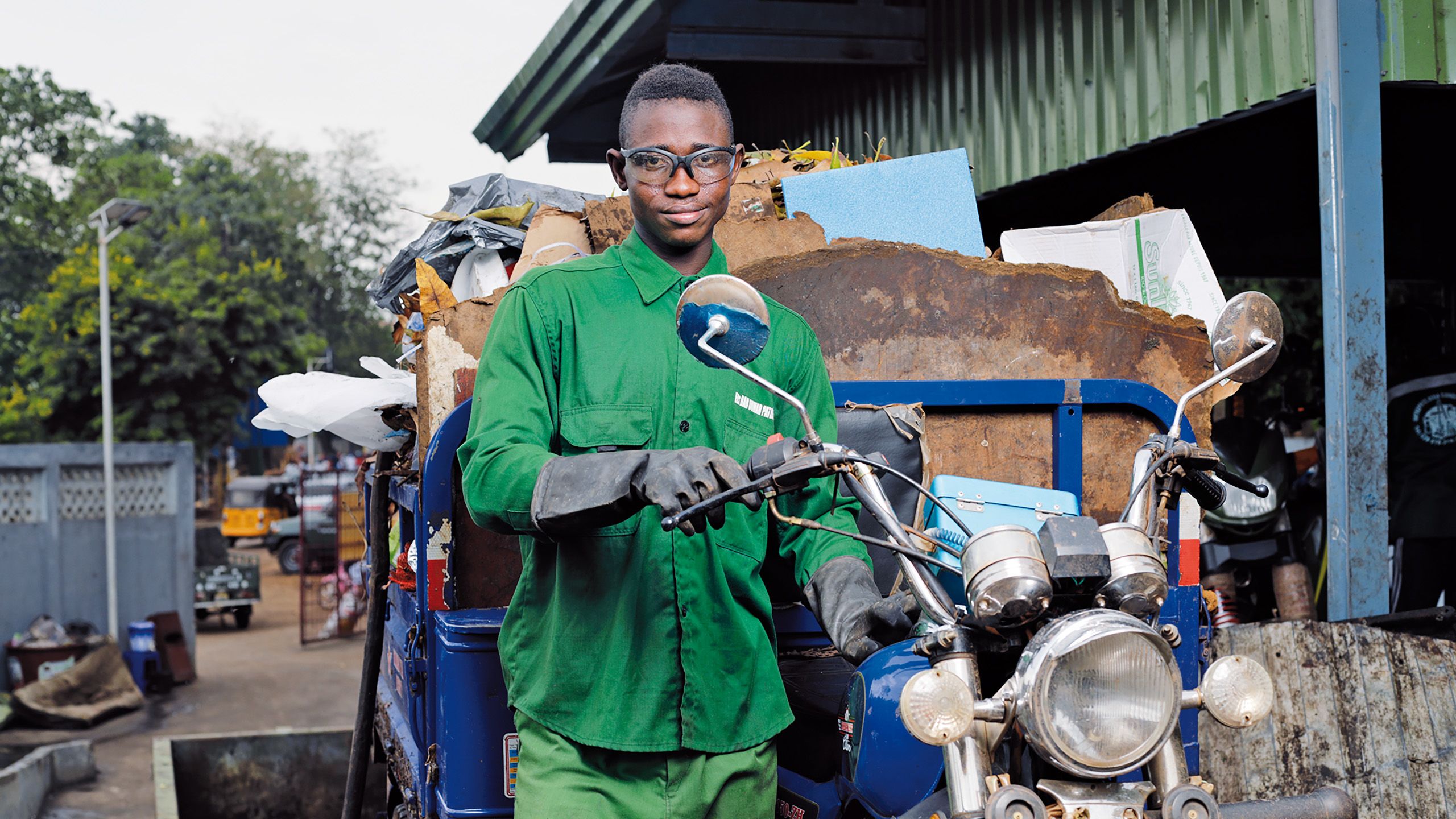
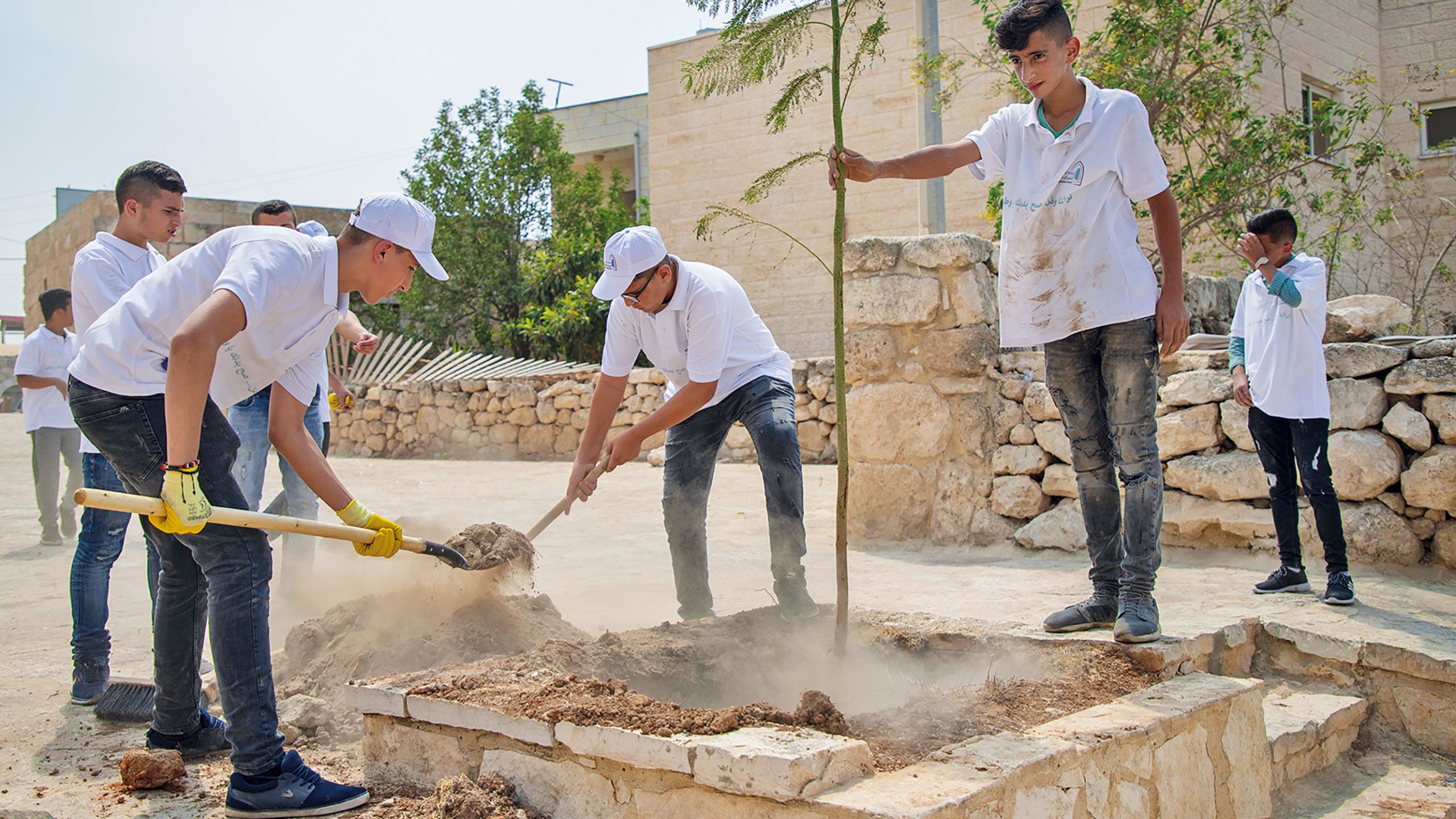
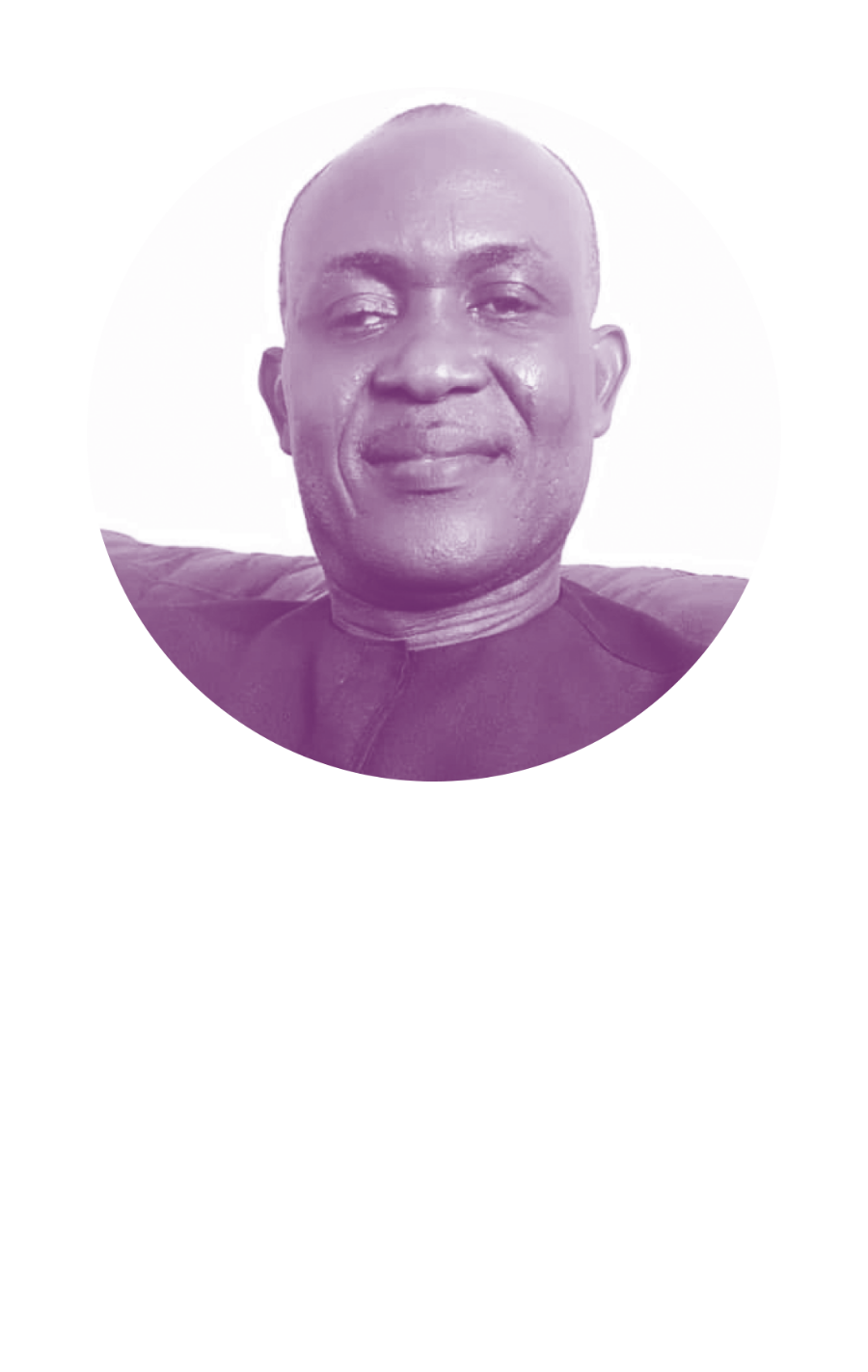
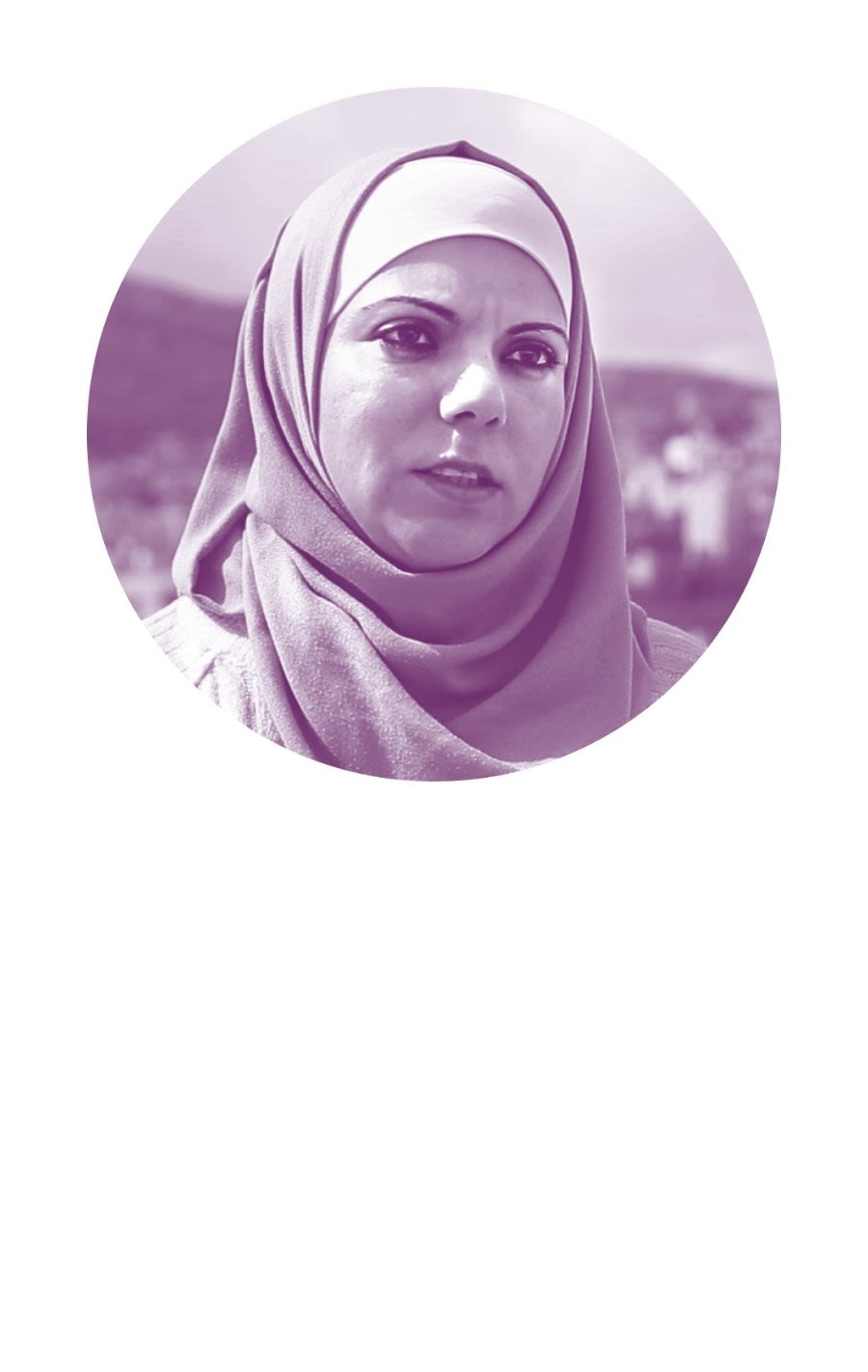
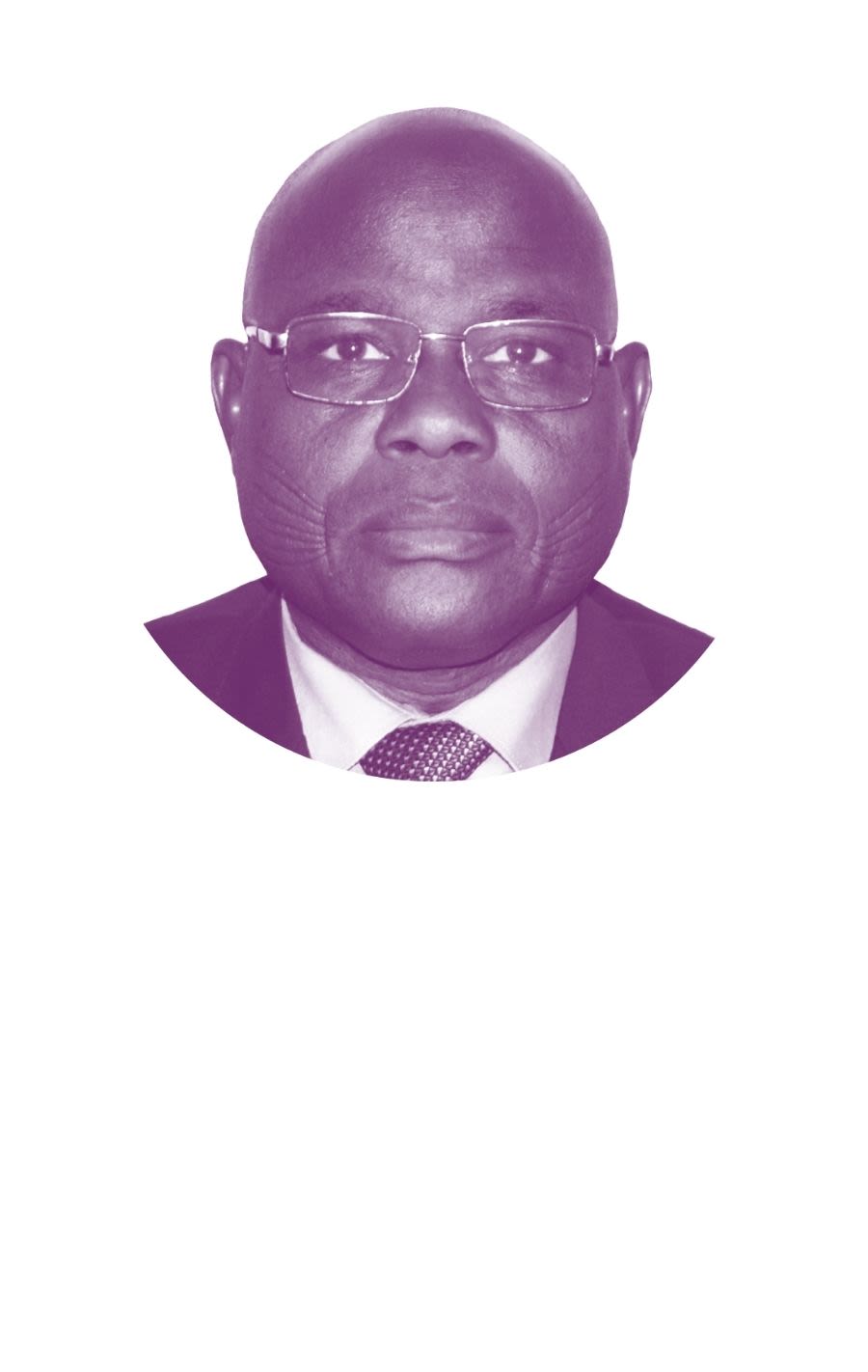
What our partners say
“ The Port of Cotonou is the powerhouse of Benin's economy. To develop it, we need expert assistance to strengthen our maritime administration, which is in the process of implementing many international maritime conventions. Via its partnership with Belgium's Ministry of Mobility, Enabel offers highly specialised expertise. ”
Urbain Tchiakpe
Deputy Secretary-General of Benin's Ministry of Infrastructure and Transport
“ People are satisfied with the services provided by the municipality: Waste is collected regularly, the water supply is functioning, things have changed. We now also want to reach the surrounding villages, so that we can also better serve them and encourage them to join the cluster. ”
Rafeef Hanaysheh
Executive Director at municipal services, West Bank, Palestine
“ In times of crisis, one gets to know one’s friends. Our partnership with Belgium and Enabel's expertise in health care are invaluable to us. ”
Dr Abaché Ranaou
Secretary-General, Ministry of Public Health, Republic of Niger
Human Mobility
Enabel believes that promoting the benefits of migration, reducing the costs of migration and making it a choice prepares us to face the future challenges of climate change, growing inequalities, and the digital transformation of labour.
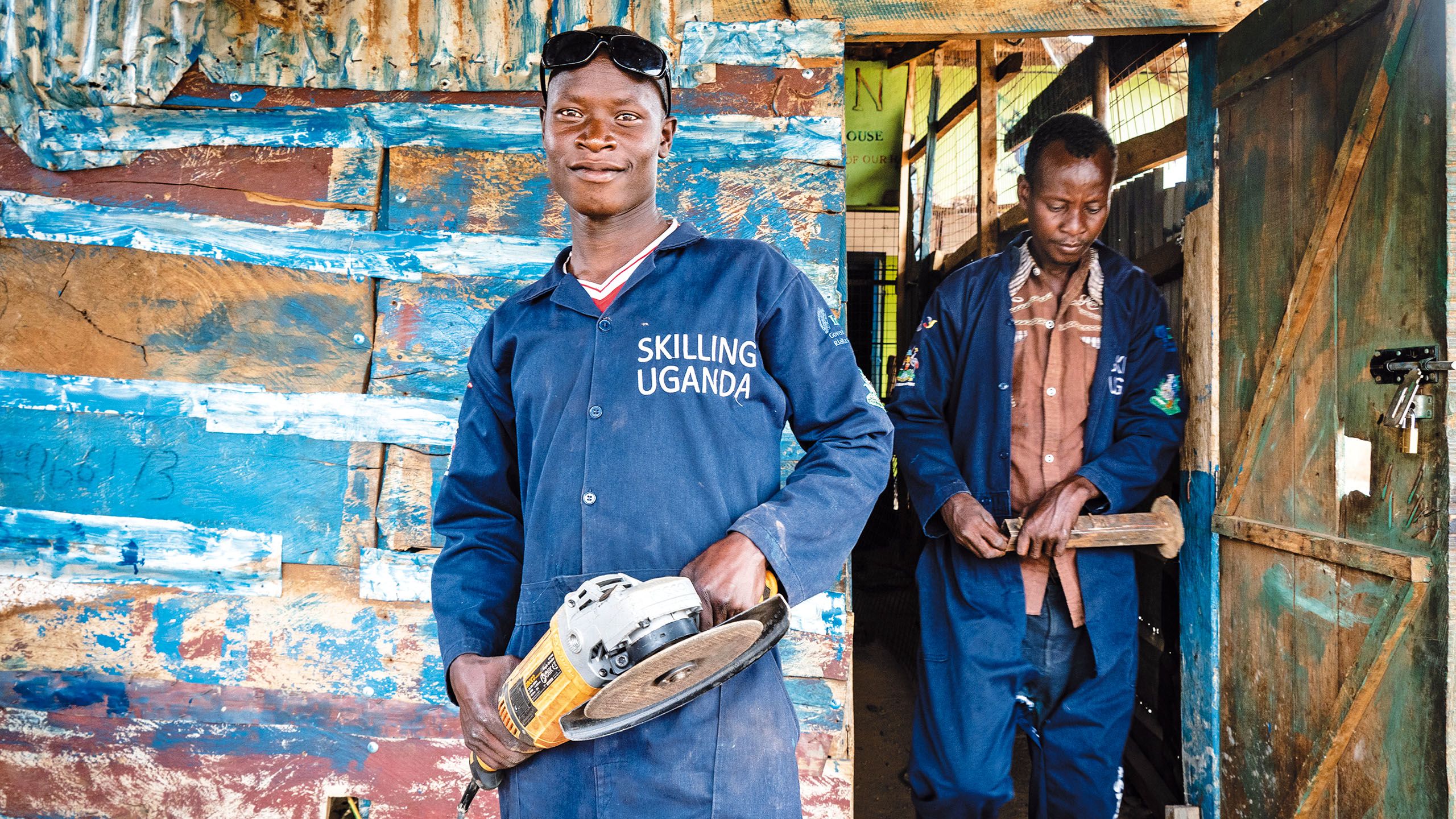
Covid-19 making the vulnerable even more vulnerable
Enabel supports new approaches that enhance the benefits of human mobility for migrant people and their families, and for countries of origin and destination. These approaches include legal and labour migration pathways, digital innovations to help people on the move earn a living, a renewed focus on social protection and the participation of diasporas in the development of countries of origin. Yet, all of this has been significantly hampered in 2020 due to the pandemic.
Global human mobility has slowed with the impact of Covid-19, because of the restrictions on mobility imposed by governments to limit transmission of the virus. Consequently, many migrants and refugees have been left stranded in host countries, without food, shelter, access to essential services, or the ability to return home. People in an irregular situation, with limited financial resources, women and girls with special needs, children, the elderly, and people with disabilities were extremely vulnerable to the coronavirus. They suffer disproportionately from its social and economic consequences.
Acknowledging the immense impact of the pandemic on the lives of migrants and refugees, Enabel put the principle ‘nobody is safe until everyone is safe’ in practice.
In Senegal, traffic restrictions made it impossible for farmers to access markets and sell their crops. The PARERBA project, which aims to respond to the aspirations of youths by creating 6,000 sustainable jobs in the groundnut basin, bought in more than 600 tonnes of onions from local producers in 18 rural municipalities for redistribution to the most vulnerable.
This initiative in coordination with local authorities provided much-needed income to farmers but also vital support to the most vulnerable.
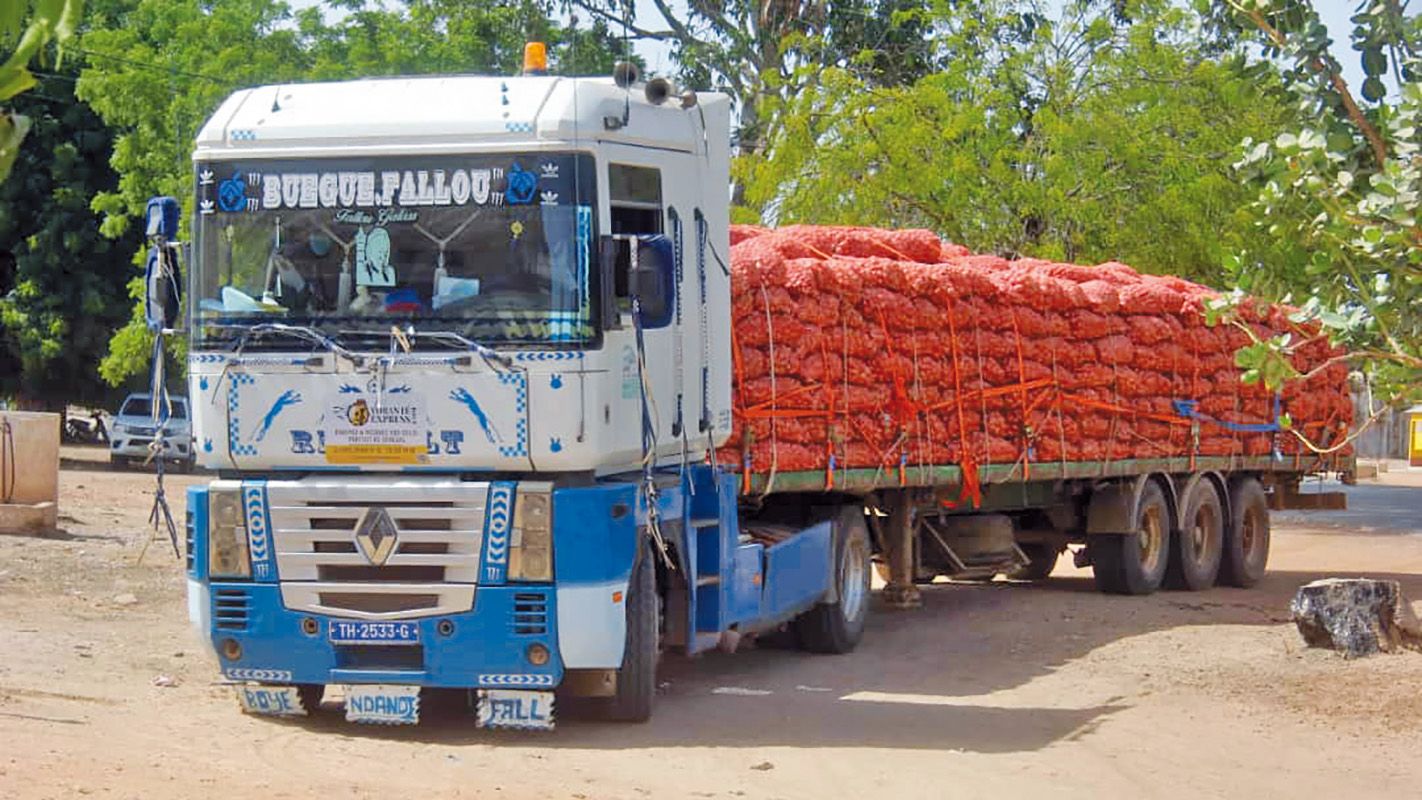
In Morocco, a lot of migrant people were very vulnerable to the loss of their livelihoods as a result of the health crisis, as many of them were working in the informal economy. Enabel assisted Moroccan welfare institutions to implement first response actions to facilitate access to food and hygiene products.
Local authorities were assisted in disseminating correct information about the virus through videos in different languages. Finally, legal clinics of four universities were supported in producing online training in order to continue to strengthen knowledge on rights.
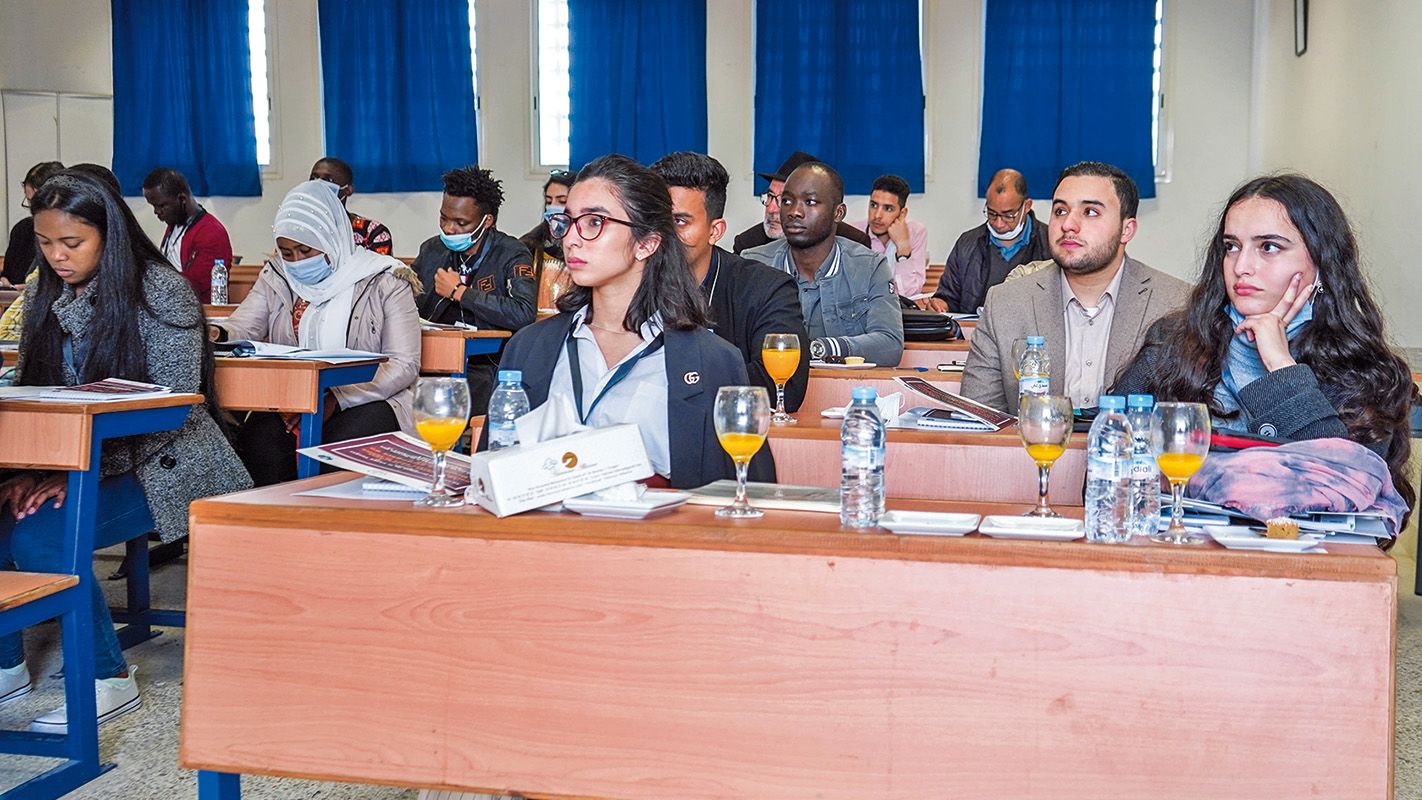
Zoom on digitalisation
Enabel aims to close this digital divide by strengthening digital skills, improving digital rights awareness, and supporting inclusive digital entrepreneurship.
Burkina Faso
At the height of the pandemic, innovation hubs in Burkina Faso printed 1,500 face visors and dozens of spare parts for medical equipment such as mechanical ventilators. 3D printing is a versatile technology; it is now also used in other vital sectors of the Burkinabe economy, for example to set up small-scale drip irrigation projects.
Mozambique - Geospatial technologies serving economic development
Mozambique's National Energy Fund and Enabel work together to improve access to energy in rural areas by building mini-grids powered by small solar or hydroelectric power plants.
The installation of electrical systems in 680 facilities such as schools, health centres and public services has already benefited more than 550,000 people. By combining geospatial data with available censuses, satellite images and statistical models, it is possible to identify agglomerations far from the national electricity grid and calculate the density of the population that lives there, in order to remotely select promising sites and thus prioritise the work of field teams.
Enabel to coordinate the AU-EU D4D Hub
On the 8th of December 2020, the President of the European Commission Ursula von der Leyen, Belgian Prime Minister Alexander De Croo, and other European leaders launched the D4D Hub, a strategic platform to promote a human-centric digital transformation approach and partnerships in countries worldwide. Eleven EU Member States, including Belgium, have so far committed to cooperate towards a European digital development strategy.
Enabel coordinates and hosts the first joint action of the African component of the D4D Hub: the African Union-European Union D4D Hub. It aims to close the digital divide between Africa and Europe by supporting African countries to develop and implement their digital strategies. The Africa branch is the first operational regional component of the global D4D Hub.
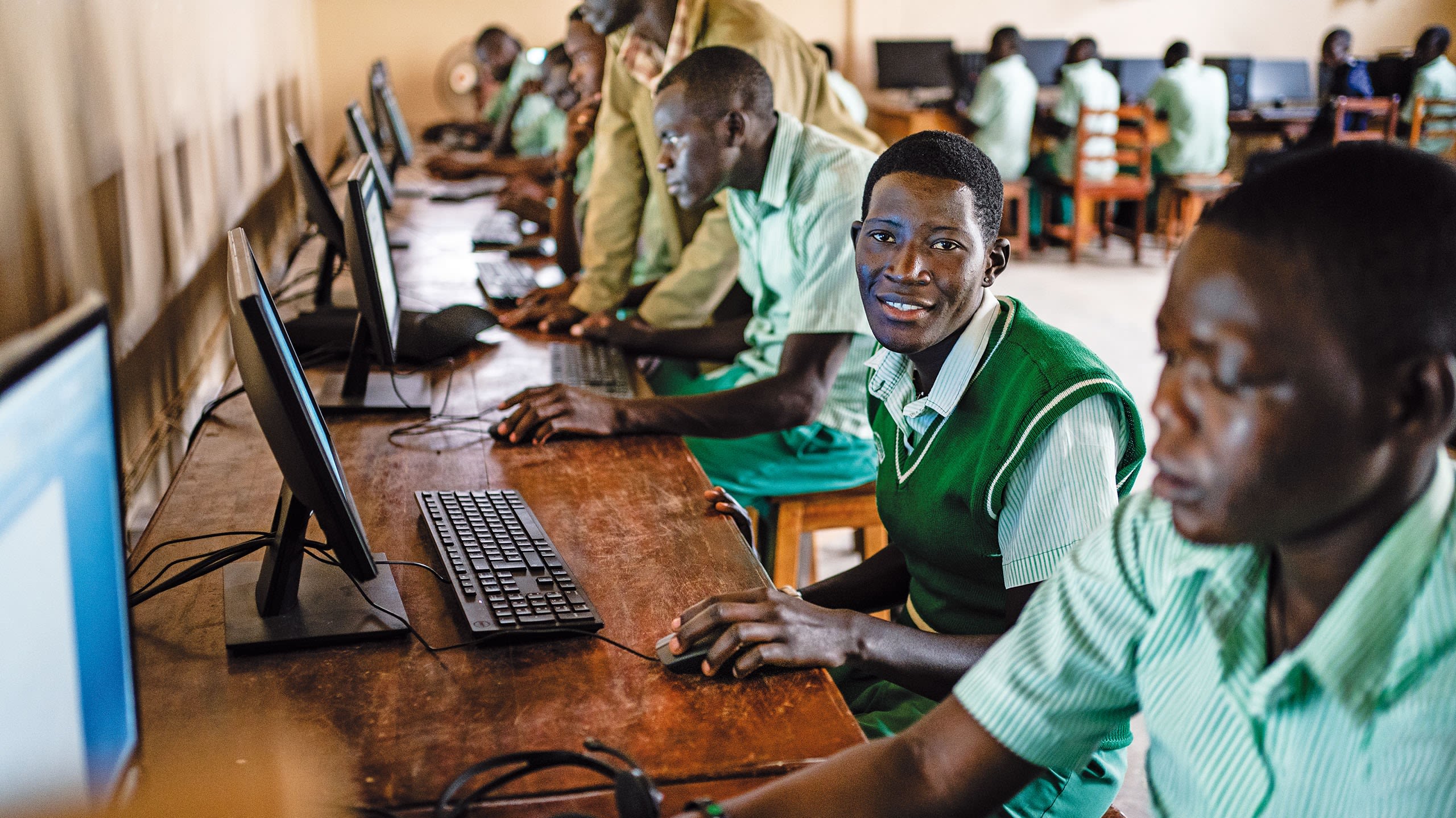
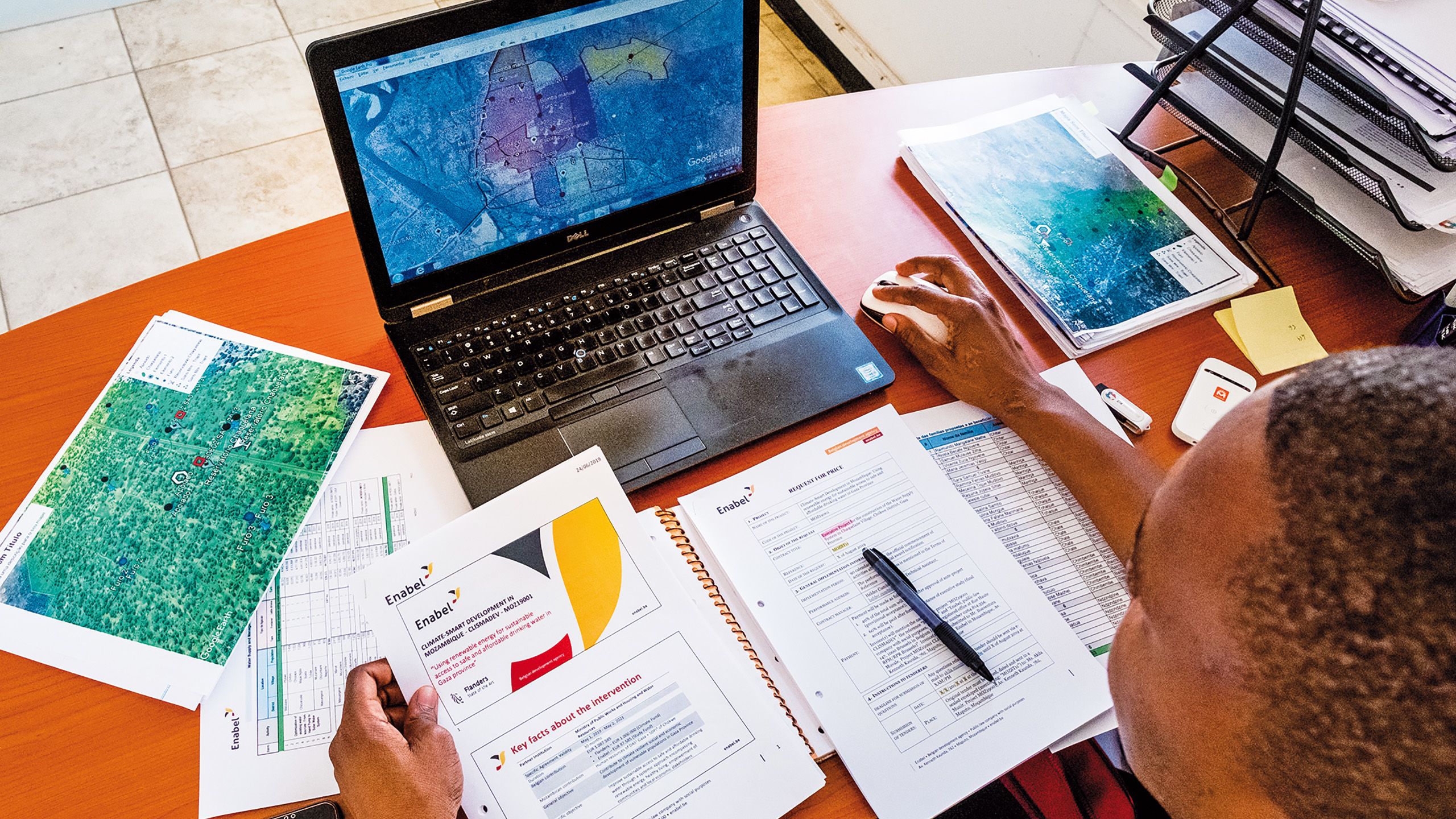


Gender equality: Everyone’s business
In the same way that Enabel has strengthened its commitment to mainstreaming gender in its projects and operations, the agency has also placed gender at the heart of its efforts in the fight against Covid-19.
Palestine – Digital harassment
Wehubit, Enabel's programme that invests in digital social innovations, has supported an initiative to prevent gender-based violence and to strengthen women's rights and establish safe, accessible and inclusive digital spaces promoting women's political participation and leadership.
The project has strengthened the capacity and knowledge of young, female and male, cyber-activists on ICT use, digital security and gender-based violence on the Internet. In total, more than 50,000 young people engaged in the dialogue on cyber violence in critical workshops involving policymakers. The national campaigns, face-to-face physical and online awareness, and capacity-building sessions have reached more than one million people.
Guinea - Continuous awareness raising
In Guinea, most taxi drivers are men. This is exactly why they were chosen to carry out a gender awareness campaign in 2020. For a whole month, about 100 taximen wore T-shirts and displayed stickers on their cabs and motorcycles with the message: “Gender inequality. Enough is enough.”
In 2021, through the 'She Decides' project Enabel assisted the NGO Protection Femme Enfant Environnement en Guinée (PROFEEG) and improved women's access to sexual and reproductive rights information. “ Thanks to this support, we now can visit the most remote communities and inform them on their rights ” emphasises Aminata Camara, the head of PROFEEG.
Global citizenship
The world is increasingly interconnected and global issues and challenges by definition cross borders. To address these challenges, we make sure that the inhabitants of our planet become aware of their crucial role as citizens of the world or global citizens.
- Kruit/Annoncer la Couleur is Enabel’s Global Citizenship Education (GCE) Programme in Belgium. It organises courses for education professionals and acts as a centre of expertise that provides knowledge and support to the educational world.
- The Junior Programme offers the opportunity for young professionals to work abroad on development projects of the Belgian governmental cooperation or a Belgian NGO.
- The Trade for Development Centre raises awareness among Belgians about fair and sustainable trade. It also supports producers in Africa to provide them with better market access.
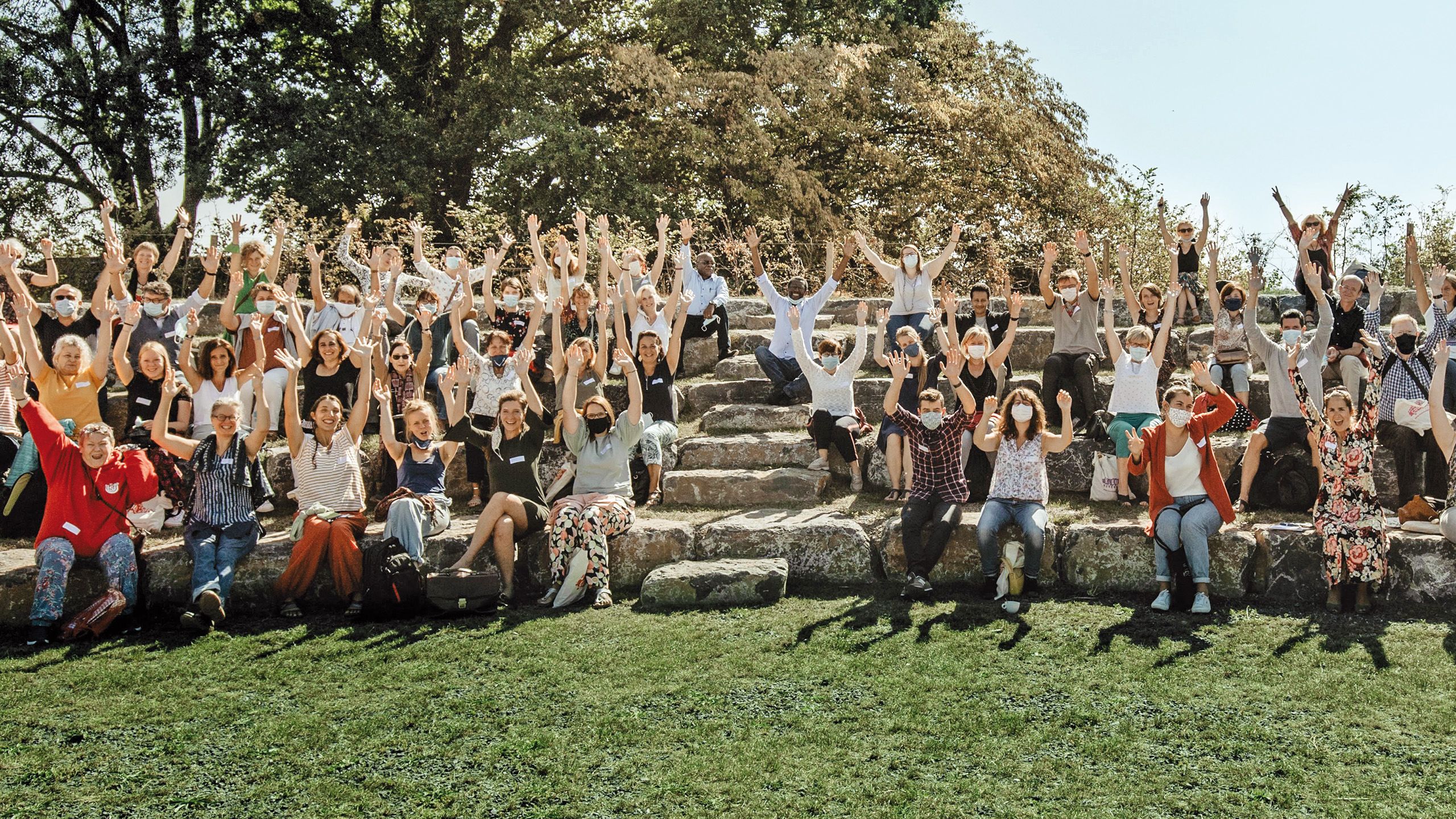
Royal backing
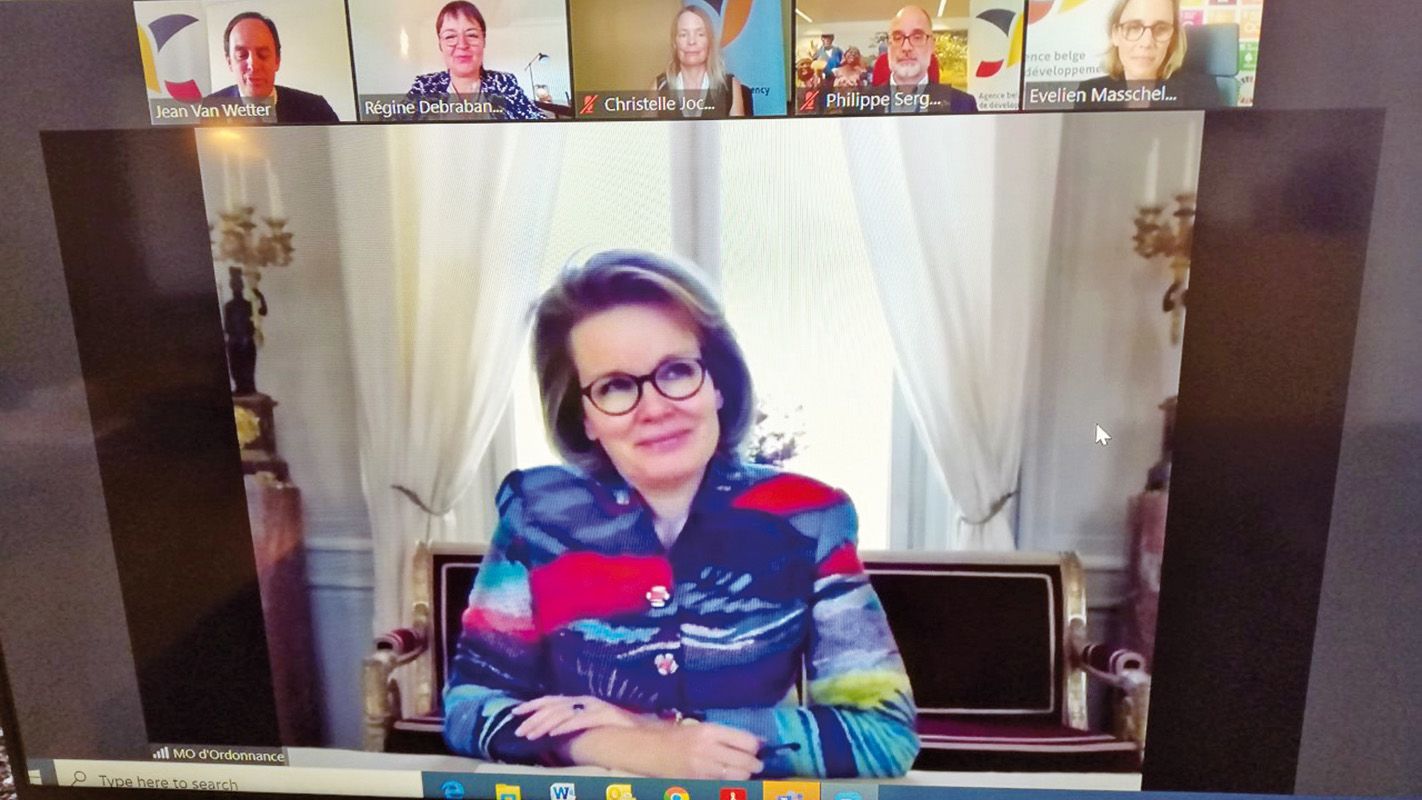
On 26 May 2020 and 11 February 2021, HRH Queen Mathilde had a video call with our colleagues in Brussels, Guinea, Morocco, Niger, Uganda, Senegal, and DR Congo.
The royal initiative illustrates how committed the palace is to the millions of people in the world who are being pushed back into poverty by the pandemic.
In the meeting, HRH Queen Mathilde expressed her particular appreciation for the work of all employees of the Belgian development agency in support of the partner countries in their efforts to win the fight against the virus.
It's not over yet! The full Activity Report is available on our website:
Subscribe to our newsletter and receive monthly updates on our work:
Photo credits: Isabel Corthier, Tim Dirven, Kristof Vadino, xzotik, Rosalie Colfs, Colin Delfosse.
© Enabel

